BREWING OUR WAY TO NET ZERO
SIBA SUSTAINABILITY STRATEGY 2023-2045




 Andy Slee, Chief Executive, SIBA
Andy Slee, Chief Executive, SIBA



SIBA SUSTAINABILITY STRATEGY 2023-2045




 Andy Slee, Chief Executive, SIBA
Andy Slee, Chief Executive, SIBA



In many respects small independent breweries lead the way in sustainability. Their core product produced beer, 66% of which is packaged into reusable containers and sold to community predominantly within a 40 mile radius of the brewery. There are also those members who have placed environmentalism front and centre of what they do with astonishing results – water usage down to 1.5 pints, energy sourced solely from renewable technology and early adopters of CO2 capture equipment to name but a few of the cutting edge initiatives adopted by independent breweries.
Yet as small and medium sized businesses, many independent breweries lack the economic, human and technical resources they need to make the jump to net zero – increasingly the number one priority in sustainability. As significant users of materials and as energy intensive businesses they face an uphill challenge to meet the Government’s ambitious and legally enforced environmental goals over the next few decades.
Despite the challenges, this journey to net zero needs to start now – it’s what customers increasingly demand and what good-conscienced breweries want to achieve. Equally it is likely that some of the means to achieve it, such as next generation technology, may not come on stream for many years and will in all likelihood require government intervention and incentives to deliver at a reasonable cost.
This document sets out the Society of Independent Brewers’ (SIBA) sustainability strategy and how independent breweries can achieve their net zero obligations with help and support from SIBA. Sustainability is a key strategic pillar for SIBA and has to be at the heart of what we do and delivered in an economic rational way to enable small independent breweries to make the changes to their businesses they need to succeed in the decades to come.



The UK government has a binding legal target to reach net zero emissions by 2050 and in 2021 set a new target to reduce national emissions 78% by 2035 and 68% by 2030 compared to 1990 levels. The independent brewing sector will have to meet these legally binding targets over the next two decades. This will mean first of all understanding and calculating their carbon emissions from direct sources and indirectly from their customers and suppliers and then developing plans to address them. For small businesses this will create additional burdens and costs and comes at the most challenging time for the sector, when it has not yet recovered from the impacts of the pandemic and is yet to build the resilience it needs for the future. This is why SIBA’s strategy is not as ambitious as others but sets realistic targets reflecting the size and resources of small breweries.
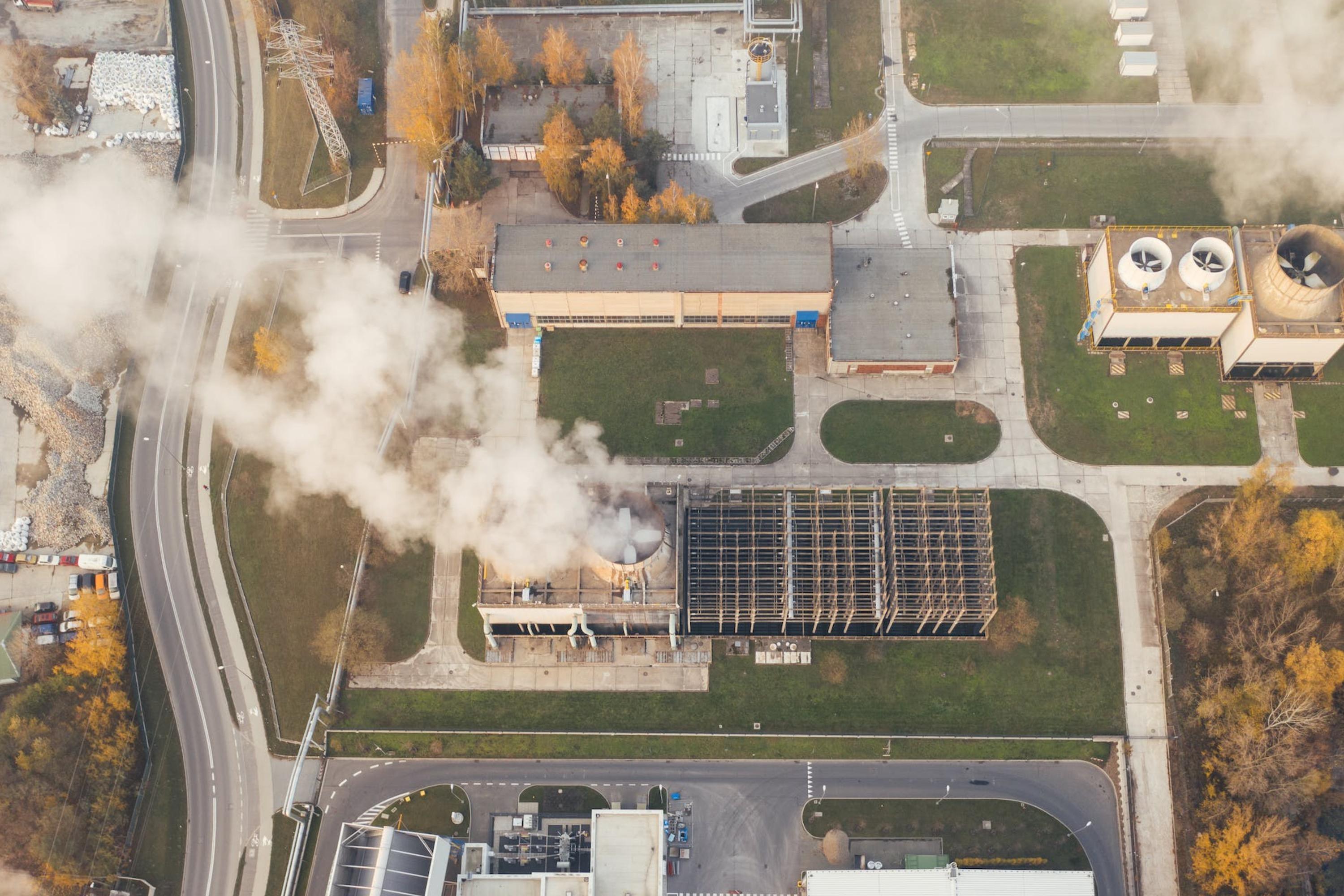
The Zero Carbon Forum estimates that the environmental impact of the UK’s brewing sector, consisting of 2,000 breweries and producing 9 billion pints, is around 2,200 kilotonnes of carbon dioxide equivalent (ktco2e) every year, the equivalent of 244g per pint.

On this basis the independent brewing sector is responsible for approximately 132 ktco2e per annum as it produces around 6% of the beer produced in the UK. However, the carbon footprint of beer varies significantly depending on production and transport. One study has estimated that a locally brewed cask beer served at a local pub is 300g CO2e whereas a bottled beer could be 900g.







On the one hand with their locally focused business models it is likely that small independent breweries have a lower carbon footprint but on the other side they may often have less efficient production premises which contributes more. Their carbon split can be found in the diagram, with 10% coming from the brewing process itself but 35% from packaging and 25% from the raw materials. This means that the vast majority of the emissions originate outside the immediate responsibility of independent breweries and will require partnership working with suppliers and others to achieve net zero.
Source: University of Nottingham Brewing, 2022
Source: University of Nottingham Brewing, 2022

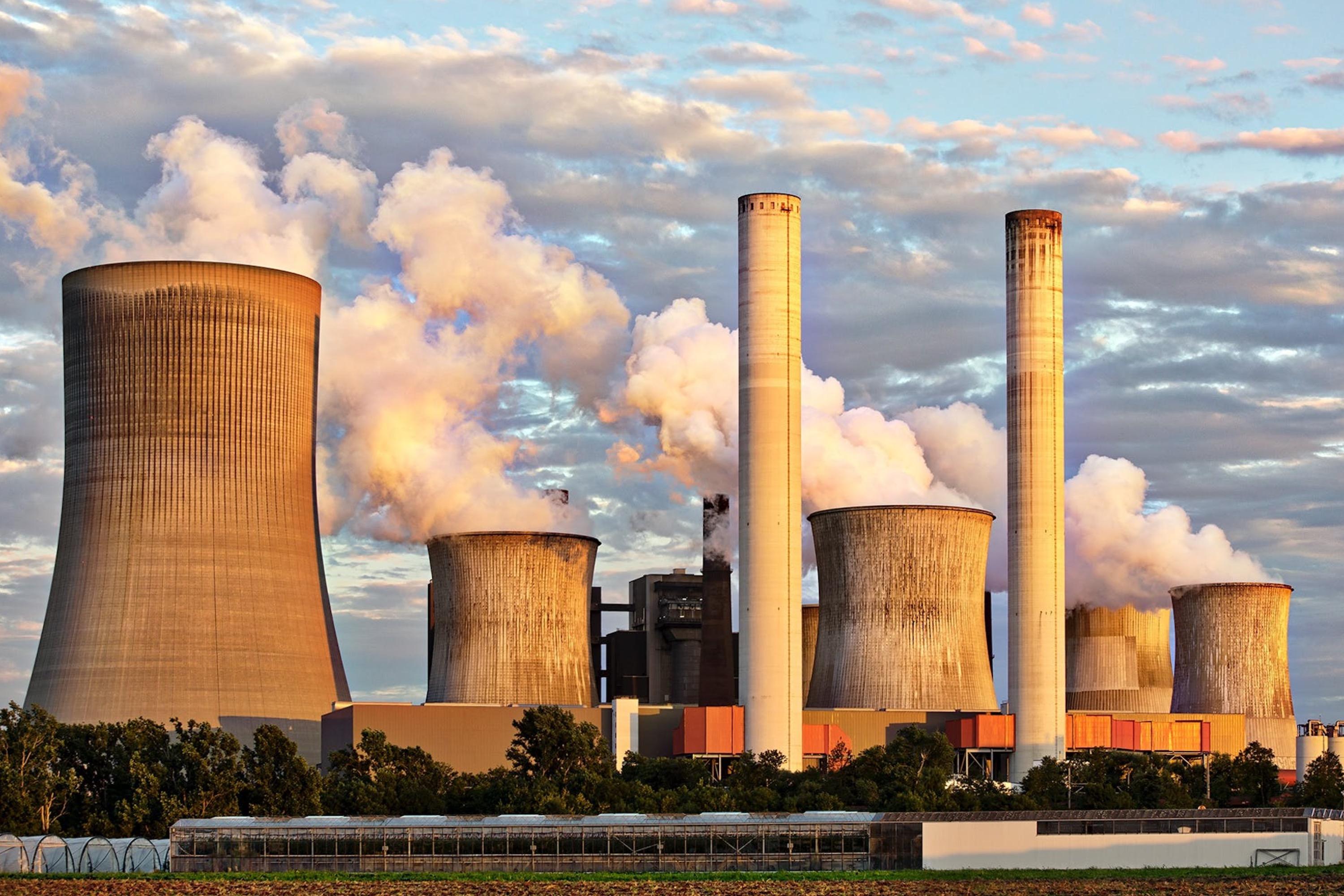
Moving to net zero also represents an opportunity for independent breweries to introduce efficiencies that can save money over the longer time, for example through improved energy efficiency. Sustainable values are also of increasing importance to consumers with 32% of consumers highly engaged with adopting a more sustainable lifestyle and 28% having stopped buying certain products due to ethical or environmental concerns. Consumers want to do more but look to brands to take the lead with 64% of consumers wanting brands to reduce packaging and 46% wanting clarity on sourcing of products.
Independent breweries have the opportunity to lead on this issue. They start from an important base – offering a local product most often packaged into reusable containers and served in community pubs. They are therefore well placed to build on this and as nimble, innovative businesses to show the way forward for other small businesses.
These independent breweries have been certified B Corporation which are companies that meet high standards of social and environmental performance, accountability, and transparency. You can find out more -
https://www.Bcorporation.Net/en-us/
Athletic Brewing co
Brewgooder
Drop Bear
Freestar



Small Beer Brew Co
Stroud Brewery
Toast Ales

SIBA will work with its members to achieve net zero in the UK’s independent brewing sector by 2045.
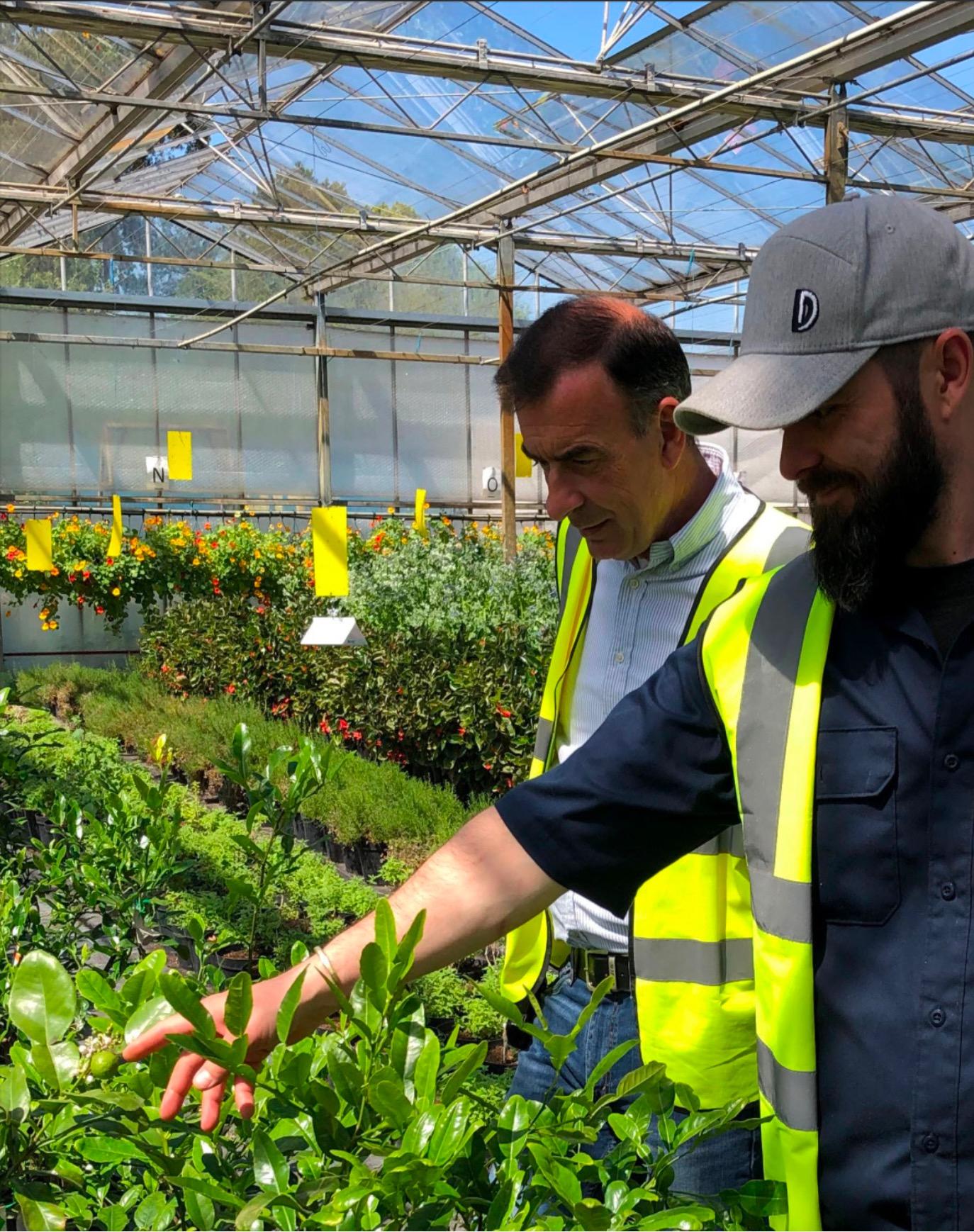
It will do this by assisting members to calculate, identify and reduce their carbon emissions by working with supplier associates and other bodies to set out ways to do so in an economic rational way and by lobbying Governments to reduce regulatory burdens and to introduce technological assistance, financial support and grants.



TO ACHIEVE NET ZERO IN THE UK INDEPENDENT BREWING SECTOR BY 2045, SIBA HAS ESTABLISHED APPROACH TO REACH THIS TARGET AHEAD OF 2050:
Scope 1: To address direct operational emissions in the independent brewing sector by 2030. This covers all direct emissions from operating a brewery and consists of emissions from heating, vehicles and cooling equipment.
Scope 2: To address indirect operational emissions in the independent brewing sector by 2035. This includes indirect emissions from purchased electricity, heating and cooling.
Scope 3: To address indirect supply chain emissions in the independent brewing sector by 2045. This includes the farming and processing of ingredients as well as packaging, distribution and logistics.
Each stage will be underpinned by SIBA support:
• Assist breweries in calculating and identifying carbon emissions
• Offer advice and support to reduce carbon emissions in an economically rational way
• Lobby for assistance from government and other bodies to reduce regulatory burdens and help meet the costs.
SIBA will embark on a benchmarking exercise to evaluate progress over this time period.
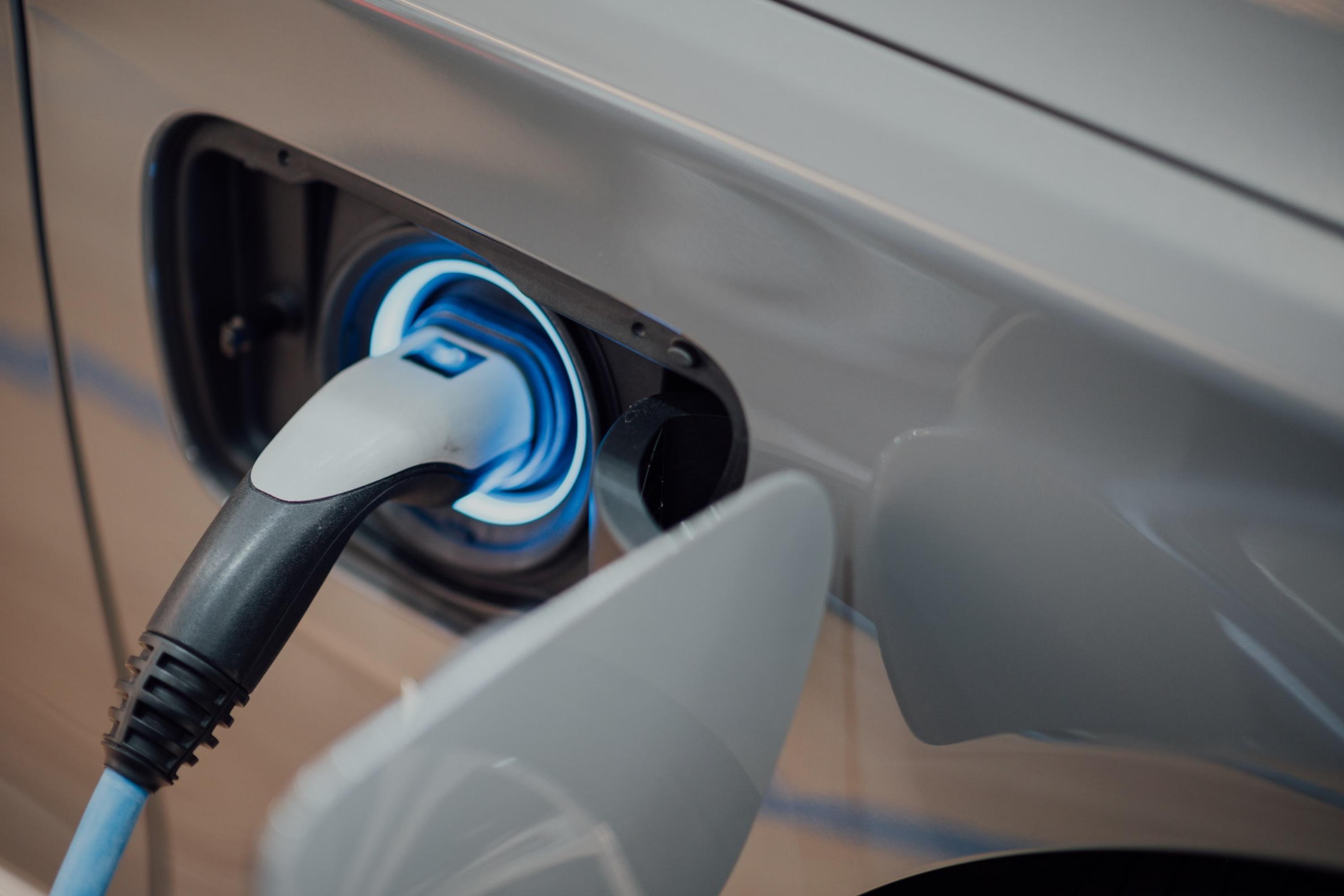


SIBA has identified six key areas that it will focus on to help achieve these objectives and which cover the main brewery functions where independent breweries will need to make changes to achieve net zero. For each it will require independent breweries to develop their own roadmaps and plans that are compatible with their own business models.
The Zero Carbon Forum believes that 90% of scope one and scope two targets can be met through direct brewery actions and that 10% would be needed through carbon offsets. For scope three it argues that at least 60% can be reduced without the use of carbon offsets but this will vary according to each business and should only be considered after reducing emissions.



Independent breweries are energy intensive businesses. They require significant amounts of energy to generate high temperature heat for mashing and boiling and must maintain their packaged beer at cool temperatures that require industrial refrigerators. Achieving net zero will mean that breweries have to address their energy use as a top priority.
Under scope 1, breweries will need to address their direct emissions from heating and cooling. Some of this can be achieved through energy efficiency measures such as insulation and reducing the temperature of washing
But to make significant progress breweries will need to consider reusing heat such as through vapour heat recovery systems or the installation of solar power.
Stroud Brewery sources its electricity and gas through a green energy supplier, Ecotricity. While not the cheapest supplier of renewable energy they do not compromise and reinvest to develop new sources of green energy.
The brewery also uses the latest heat source technology to recover heat from the fermenting beer to heat the building and supply hot water for cask washing.
In partnership with the landlord they have installed PV solar panels for their electricity production. The brewery acts as ambassadors for regeneration and sustainability they assist those around them to work towards being green businesses and improve the community.
To view Stroud Brewery’s ‘Impact Report’, which sets out the environmental and other impact measures they are taking visit https://tinyurl.com/mv3dmys5
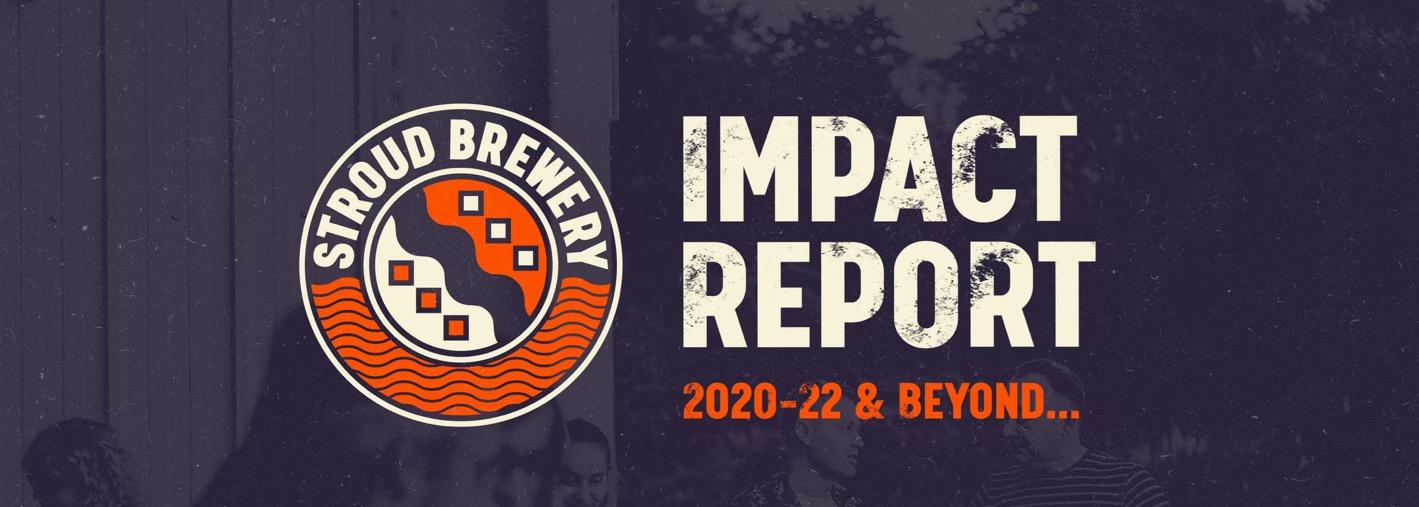
Natural gas and oil used to generate heat cannot, by their nature, be carbon neutral. Therefore breweries that have gas or oil heated boilers will have to consider alternatives such as electric or ‘green’ steam boilers. To address indirect emissions from heating and cooling under scope 2, the Government has committed to ensuring that the UK will be powered entirely by clean electricity by 2035.

In the table are initiatives that breweries should consider to reduce their energy usage.



Founded in 2016 with the ethos of ‘sustainability through innovation’, Brewhouse was designed to minimise resource use. The organic dairy the brewery has a 250kW solar panel array and their brewing schedule the site, with peak power from 11am to midday. Energy use at the brewery 25kW at any time.

They have been partnering with Plymouth College to recapture CO2 which aims at harvesting, generating, storing and managing heat energy efficiency. This will control solar PV / solar thermal and natural evaporation technologies to create reservoirs of hot and cold. The key innovation is a system of thermocouples that will convert 5% of the energy into electricity and massively improve energy efficiency by moving latent energy to where it is next needed in the brewing process.
For more info visit: www.barnabysbrewhouse.com
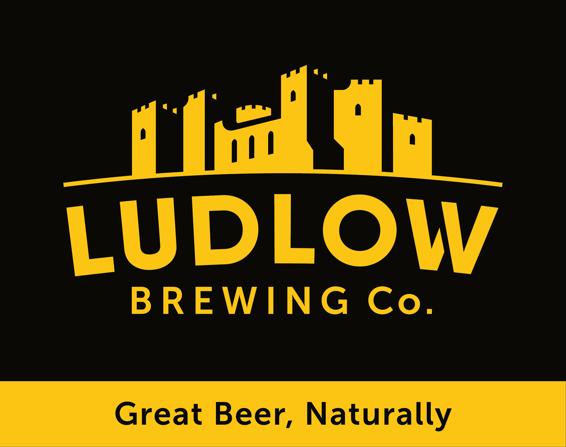
Built in 2011 in a specially converted railway shed, this brewery has made every effort in the design of the brewery and taproom to ensure that an environmentally friendly and low-carbon facility.
Instead of dumping the heat lost from cooling the beer in the brews, a heat exchanger and air source heat pump recover this waste heat so it can be used as energy for the onsite taproom’s underfloor heating system.
The “waste” heat provides half of the annual energy needed to keep the taproom customers toasty! Great beer, naturally.
1. Work with platform providers to enable independent breweries to record and monitor their carbon usage through energy
2. Establish a benchmarking exercise repeated at least every 3 years if not more frequently to monitor improvements amongst members
3. Offer through guidance detailed advice, support and financial information to support members seeking to change their energy usage



4. Lobby governments for grants and support to move to green technology.





Independent breweries rely on key ingredients which are produced and processed by external suppliers. The malt comes from barley which is farmed and then kilned with the sector producing around 300,000 tCO2e each year. Increasingly breweries use a wide variety of hops with popular types grown, processed and pelleted overseas such as in the USA. The freeze drying and fermentation of yeast are energy intensive processes to guarantee the quality of these live bacteria products and Co2 is predominately produced from fertiliser production in the UK.
While there are some breweries that have developed direct ways to address these, such as Co2 capture and growing their own hops, on the whole these are areas that independent breweries have little direct control. These will have to be addressed in the years to come if they are to meet their net zero obligations. For this reason this area is covered under Scope 3, but there are things that independent breweries can start to do now to engage with their suppliers.
Farr Brewery wanted to source ingredients locally but there was no local production. They therefore formed a Hop Collective with over 300 members growing their own hops for them. They bought them green hops which created several brews sold to the local pubs and at a Hop Harvest Party. This was co-ordinated through a dedicated Facebook forum where people shared tips and progress. Farr Brewery has since built on this initiative to secure 2.5 acres of land to grow their own hops semi-commercially to initially source 10% of their hops and add 5% per year.
Farr Brewery has been working with the farmer that they send their spent grain to grow them Maris Otter and they are looking to source a maltster. The brewery also makes a honey porter and in 2018 they installed hives to provide all the honey that they need.

There are two ways that independent breweries can reduce the environmental impact of the supply chain by sourcing sustainably and through engagement with suppliers. One important source of sustainability is locally produced ingredients such as UK grown hops and malt and many independent breweries work closely with local farmers, maltsters and hop growers to source fresh local products.

The first step is to conduct an audit of the supply chain to understand what existing suppliers are doing. This can be just through informal conversations or a more formal email or letter. In annex 1 independent breweries can find a template supply chain audit to assist in this development. This is also a good framework when considering taking on new suppliers. In the table are the steps that suppliers are likely to need to take for breweries to reach their net zero goals.


Sustainability is core to Crumbs Brewing’s identity and their selling point. They have rescued over 35,000 loaves from being wasted (about a slice in every pint), which reduces food waste but also reduces their malt usage.
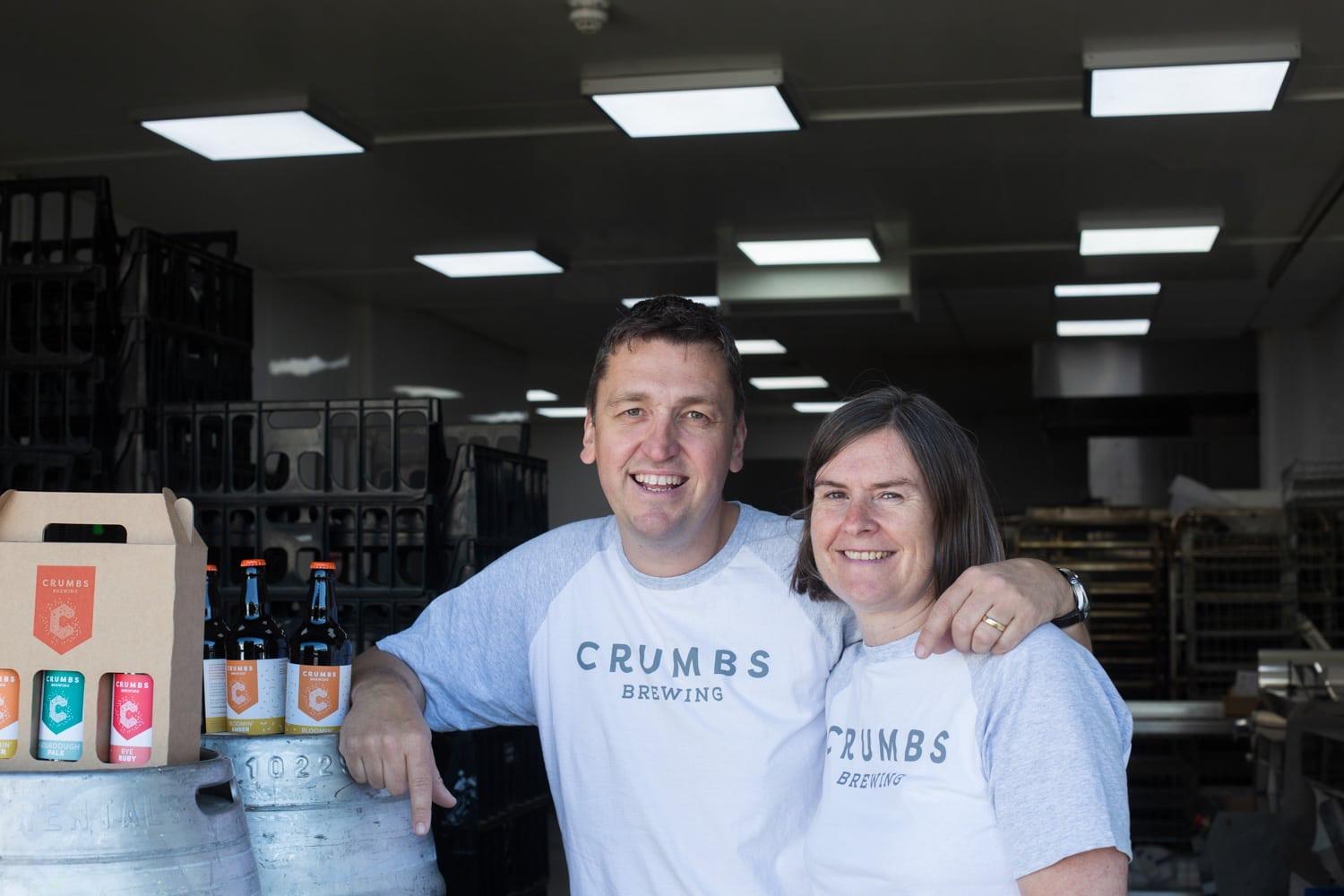
The brewery believes this has saved from 100g of CO2e per pint.
Ramsgate Brewery (also known as Gadds’) has worked with Dalum Beverage Engineering to install a CO2 collection and storage facility suitable for breweries producing 2,000-50,000+ hl a year.

The brewery is the first in the UK to install the compact unit which delivers a game-changing service for small brewers. They have been able to achieve 75% yields with an oxygen content of <6 ppb with a purity of >99.9999%. The CO2 is used in a local bottling site for carbonation.
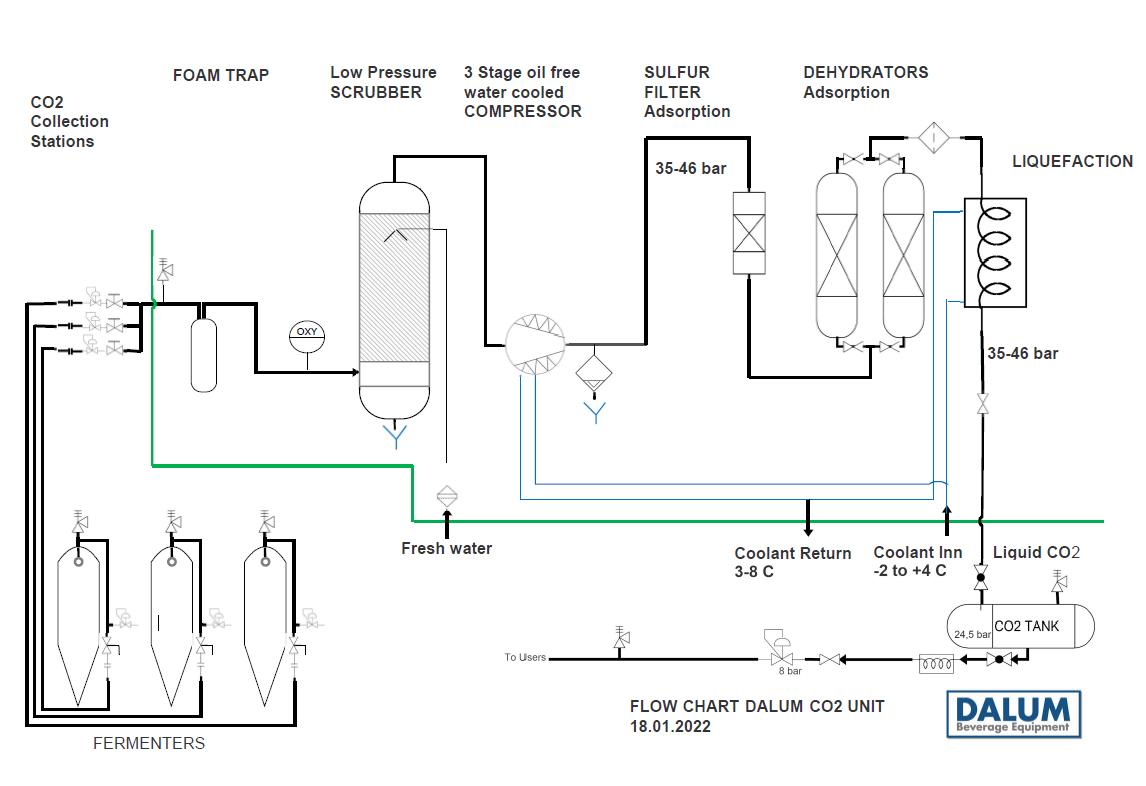


HELP INDEPENDENT BREWERIES TO REDUCE THEIR CARBON EMISSIONS FROM INGREDIENTS, SIBA WILL:

1. Work with supplier associates and others to understand suppliers’ sustainability plans and communicate this to breweries
2. Offer detailed advice and support to assist members seeking to reduce their carbon emissions from ingredients via supplier associates
3. Establish a benchmarking exercise repeated at least every 3 years if not more frequently to monitor improvements amongst members.


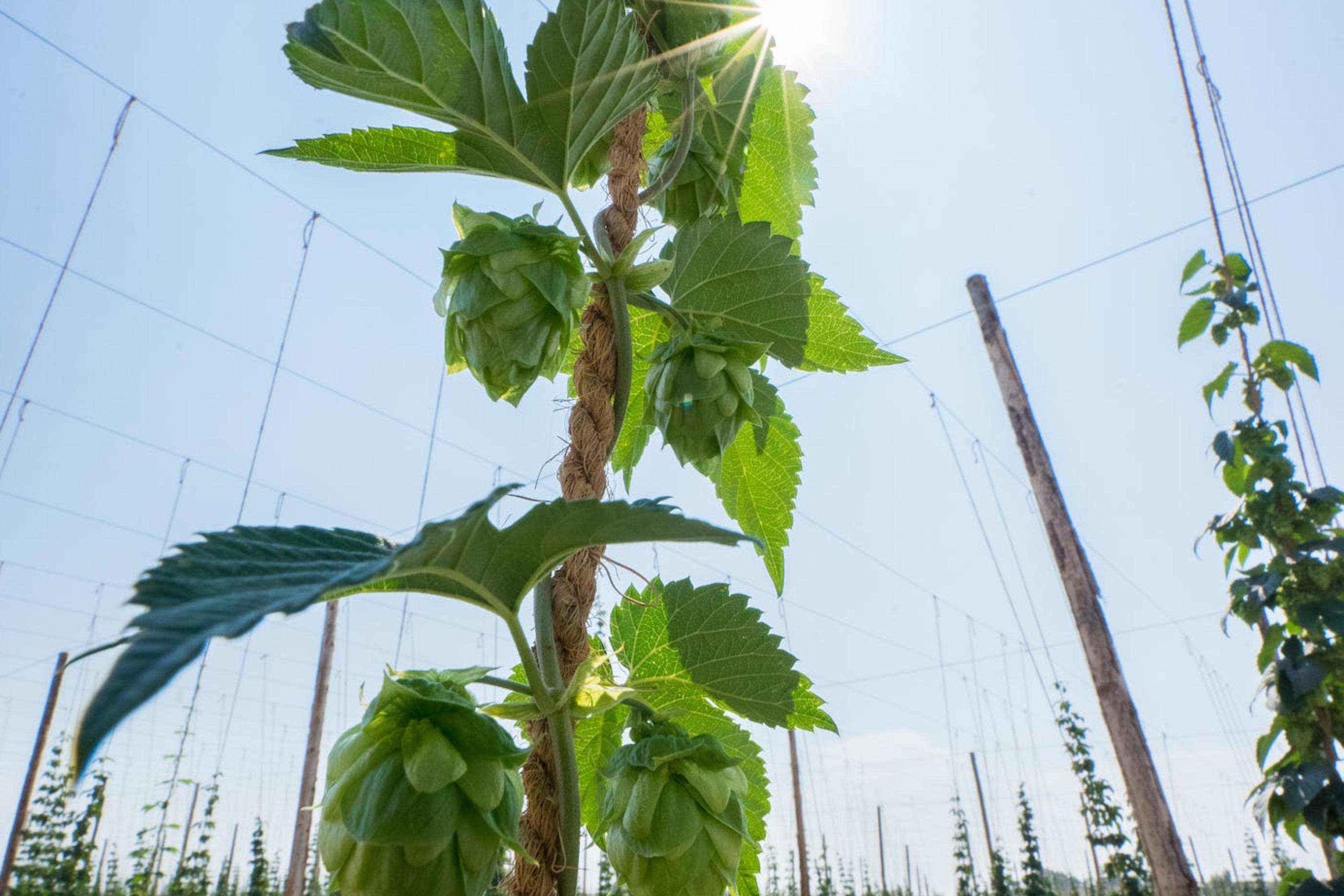



Independent breweries deliver their community pubs and shops and, dependent wholesalers or distributors around the Covid pandemic, 80% of breweries own online shop supplying beer across the UK and beyond. Transport for 10% of the carbon emissions brewery business. They may own portion of their transport and distribution logistics are outsourced to other third
Beer often has to be maintained with many breweries using cold chain that their product arrives with the without hop flavour degradation. In to be stored in cooled cellars and being passed through chillers. At home put cans and bottles in their fridges means that cooling in retail and at 15% of breweries’ emissions. As from ingredients, independent breweries will need to work closely with hospitality customers as well as logistics companies to address these challenges in the years ahead.
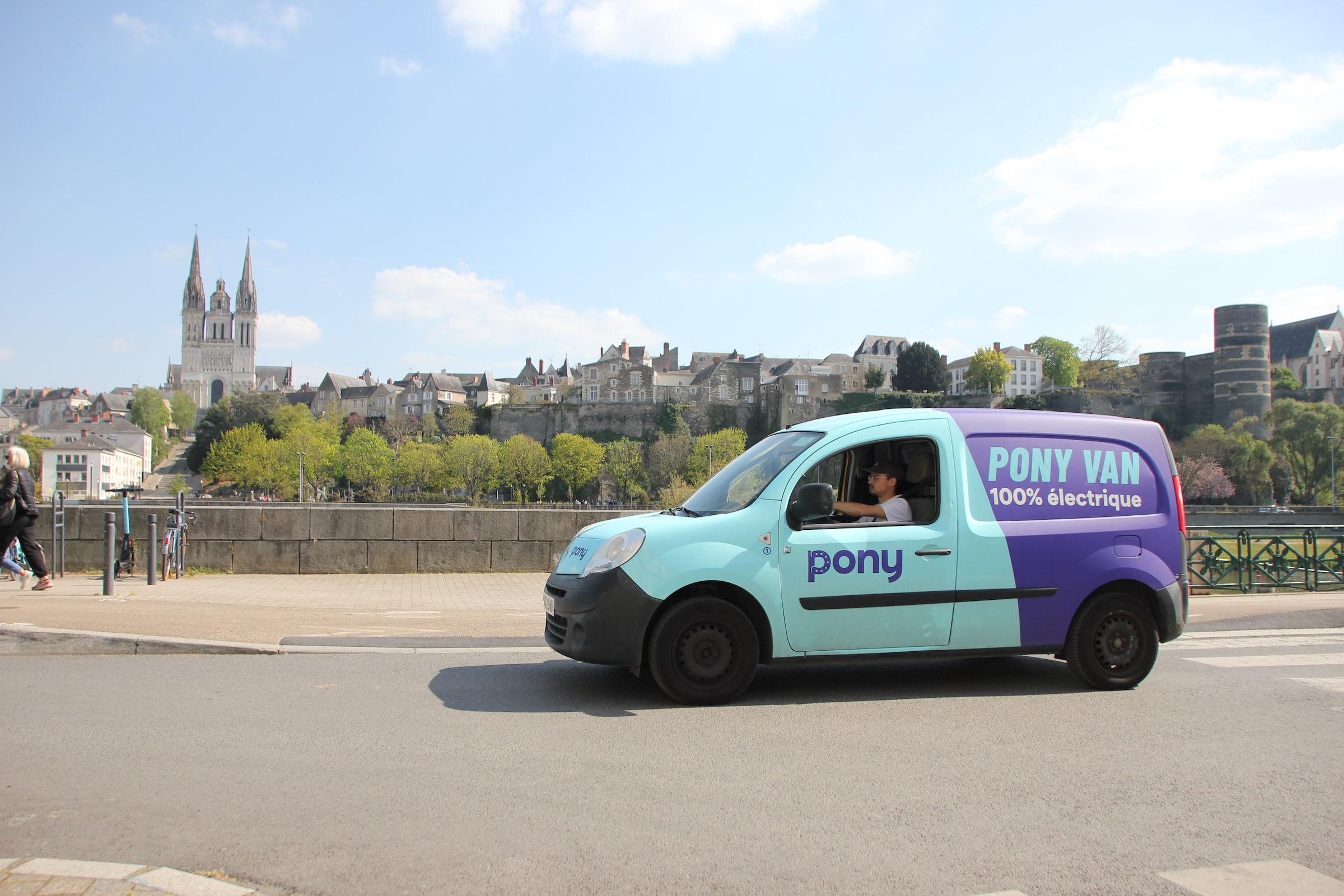
The Government intends to ban all new petrol and diesel cars and vans in 2030 and hybrids in 2035 and then all HGVs in 2040, which will mean that independent breweries will have to increasingly source vehicles that are pure electric or any future hydrogen powered vehicles that may exist. However currently it is unrealistic for the vast majority of breweries to implement full electrification without a sufficient infrastructure and much of its development will rely on Government assistance.

Under scope 1 there will be ways for independent breweries to review and improve their fuel usage and consider introducing low carbon and efficient refrigeration and appliances. Over the longer term by working with logistics and hospitality venues they can work to reduce emissions from all deliveries and cellars.


This London based brewery makes local deliveries directly by bicycle in South East London.
This provides same day delivery for draught beer, mini kegs, bottles and cans to customer’s homes. Other areas in London are fulfil by Pedal Me – a pedalled powered passenger and cargo service.

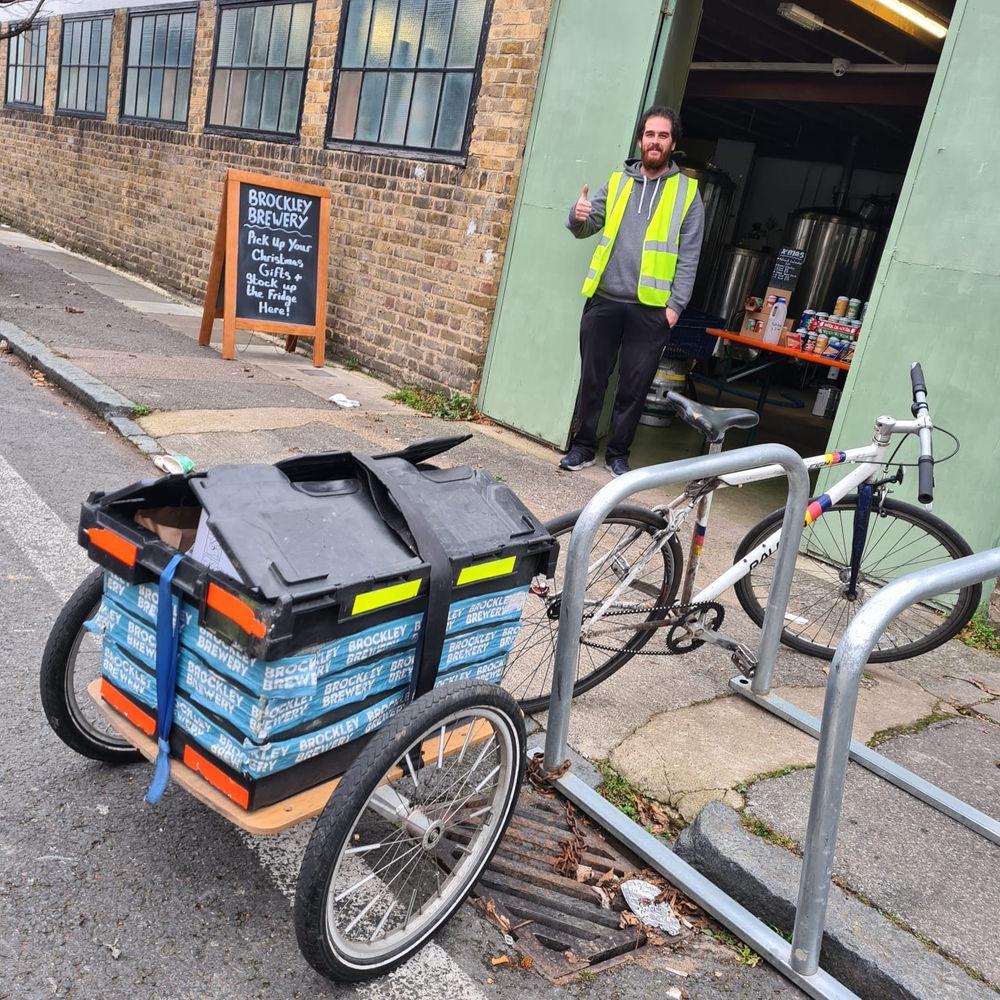

Drop Bear is creating the world’s first carbon neutral alcohol free brewery.
As part of this they provide electric vehicles for all staff during onboarding with electric charging points being installed at the brewery.
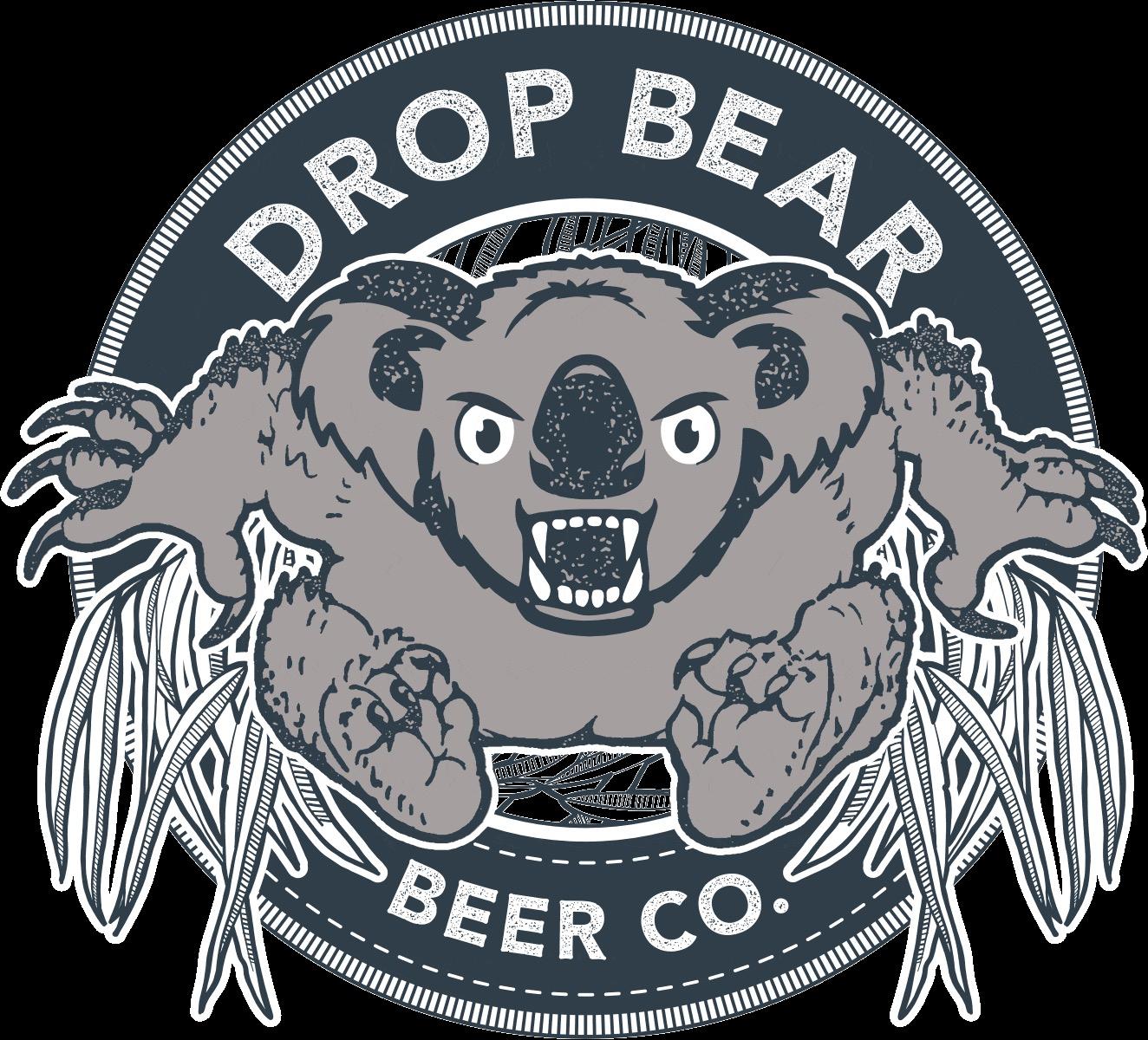



1. Offer detailed advice and support to assist members seeking to reduce their carbon emissions from transport and logistics
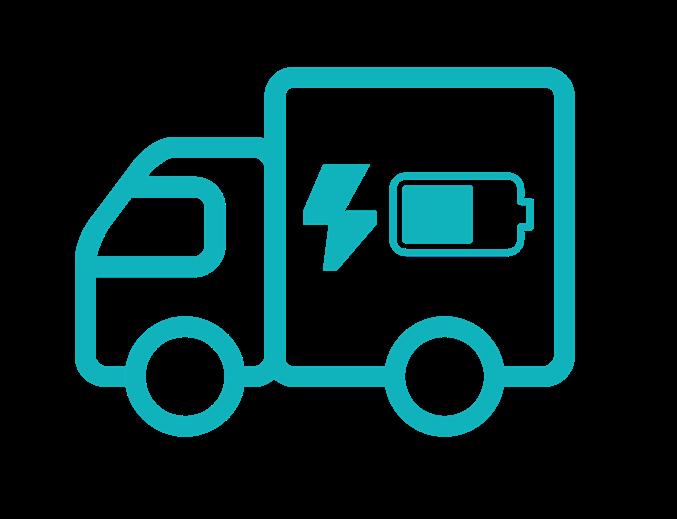
2. Establish a benchmarking exercise repeated at least every 3 years if not more frequently to monitor improvements amongst members
3. Lobby Governments for grants and support to move to green transport and improve infrastructure.




Depending on their business models packaging source of emissions for independent breweries, 35% of their carbon footprint. Before the Covid beer was packaged into large containers but pubs by the Government, independent increasingly reliant on cans and bottles for sales, 66% is now packaged into kegs and casks with 13% in cans.

Through the rise of more direct sales in taprooms as well as online, more beer now goes use packaging. Independent breweries have innovated sell reusable glass growlers that can be refilled their takeaway beer.

Independent breweries will have to make changes to the way they deal with packaging with the introduction of Extended Producer Responsibility (EPR) and the Deposit Return Schemes (DRS) in the next few years which will incentivise reductions and reuse. It is also hoped that the introduction of Draught Duty Relief in August 2023 will encourage more people back to the pubs to enjoy draught beer and lead again to an uptick in kegs and casks. However, many of the changes necessary will require partnership working with suppliers to address its carbon footprint.

Under Scope 3 independent breweries will have to consider ways to reduce their packaging such as concentrating on reusable containers. They will need to work closely with suppliers to understand and reduce the emissions associated with their packaging use.

This brewery, with the support from the Coastal Communities Fund, installed a bottling line which meant that all packaging took place on site, saving money, mileage and time. Previously they were sending their beer on a 340 mile round trip for bottling. They also switched from plastic vacuum packaging to cardboard boxes and paper tape, reusing boxes where they can – some five or six times. Recently they installed a canning machine meaning that they are now entirely self-sufficient for packaging.
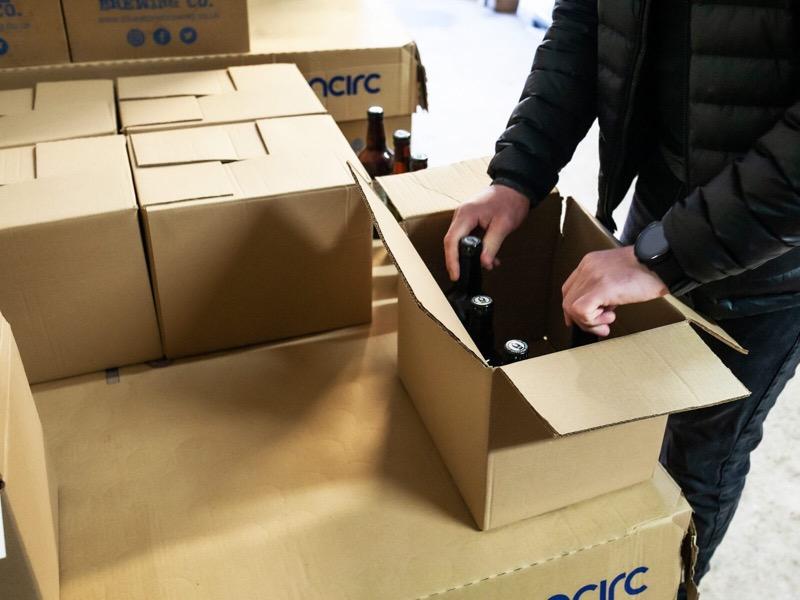
Bluestone also sources their mechanise and uniforms from the Earth Positive Range which undergoes annual audits for labour practices and their manufacturing facilities are powered by green energy from low impact raw materials.


Hobsons Brewery was searching for a sustainable, renewable, self-adhesive paper label that could survive the rigours of production and distribution. Their previous label used polypropylene made of non-recyclable plastics.
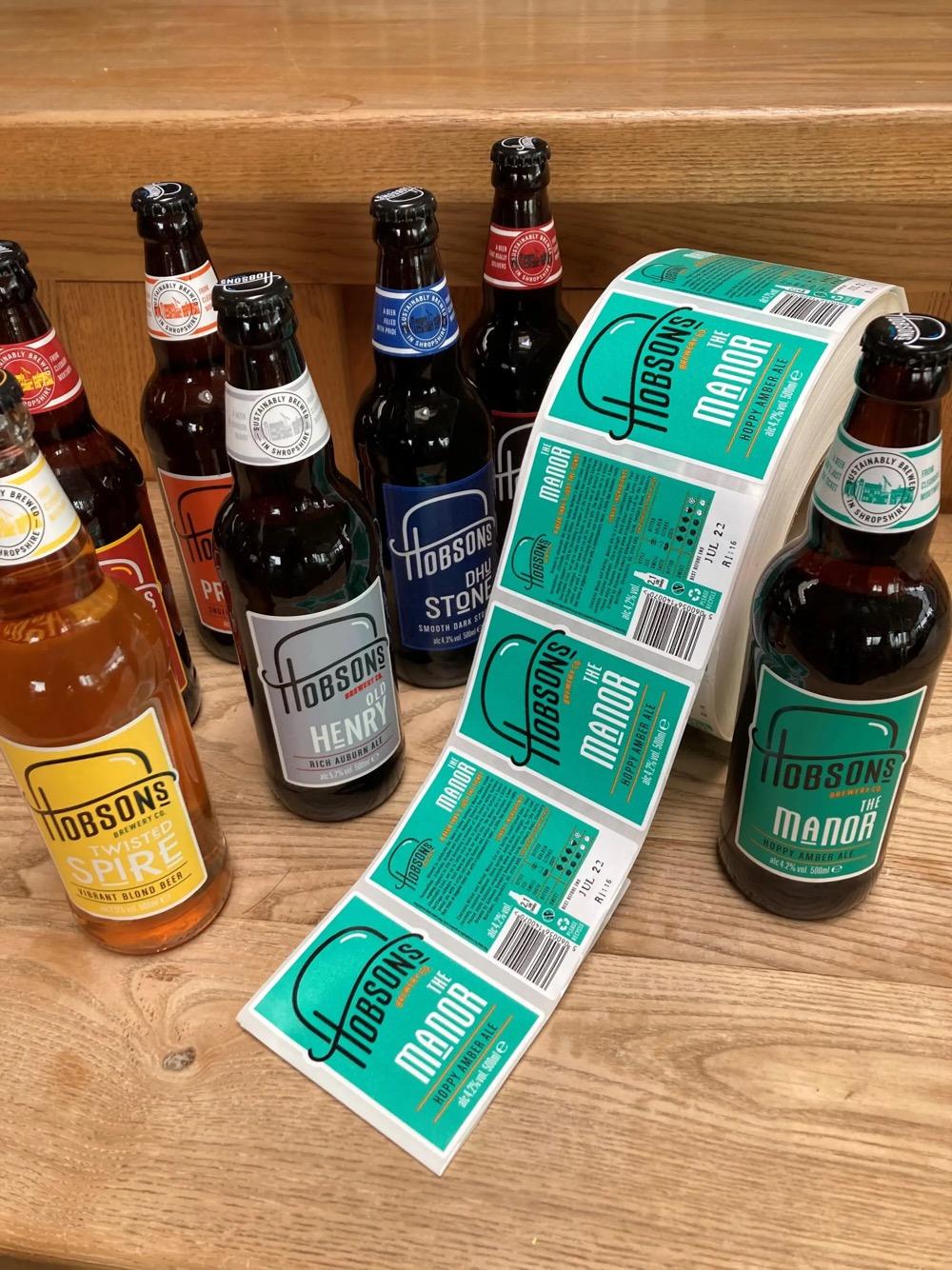
They sourced a paper substrate from Forest Film natural oils which are extracted from wood pulp as a waste by-product. These oils are converted into a chemical structure which forms the basis of a white and clear Polyolefin wood film self-adhesive material.
The brewery also changed to wooden manufactured pump clips using water-based inks instead of non-recyclable plastic.

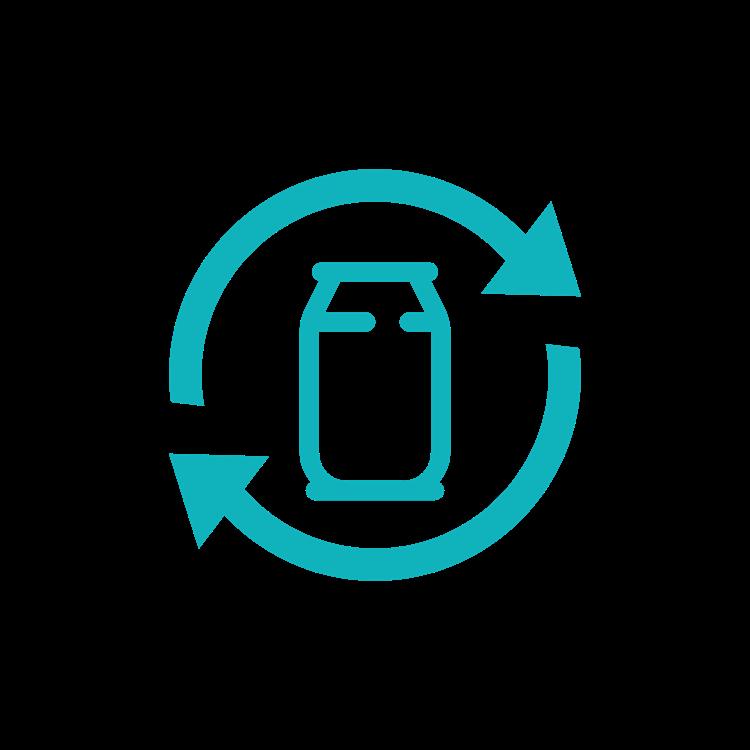
WILL:

1. Offer detailed advice and support to assist members on the DRS and EPR schemes as well as lobbying for changes

2. Work with supplier associates and others to understand suppliers’ sustainability plans and communicate this to breweries
3. Establish a benchmarking exercise repeated at least every 3 years if not more frequently to monitor improvements amongst members.
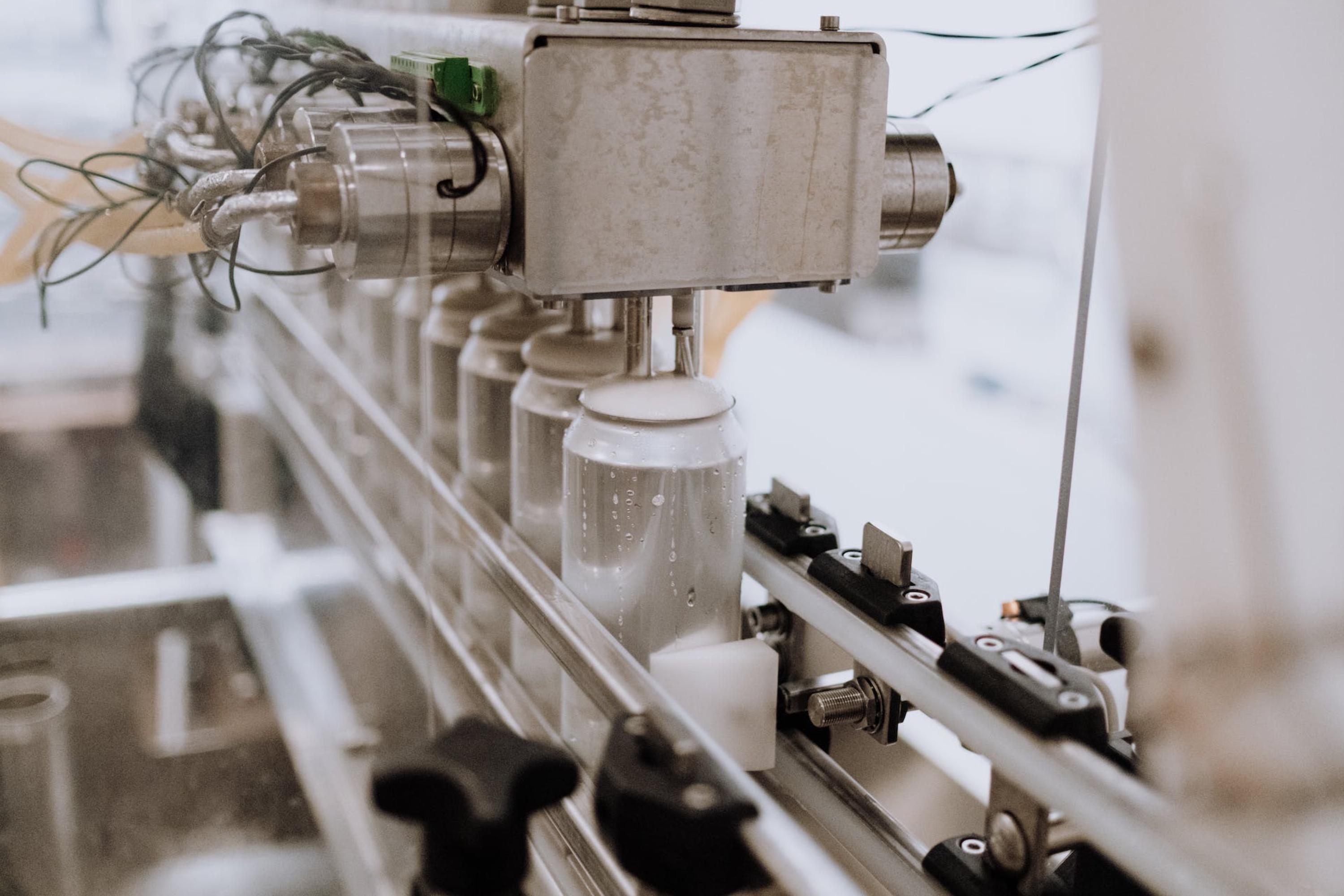



The brewing process generates significant amounts of solid waste through spent grain and trub. Many independent breweries send this to local farms to be used as animal feed others have used it in food production. Despite this there are others that may still send it to landfill or see it poured down the drain. This issue will need to be addressed through waste reduction plans
increased management.
There are also alternatives that independent breweries can explore such as anaerobic digestors to generate biomethane which could provide up to 15% of the brewery’s heat needs. If breweries don’t have space or the capital to invest in this, spent grain can also be taken to offsite facilities.
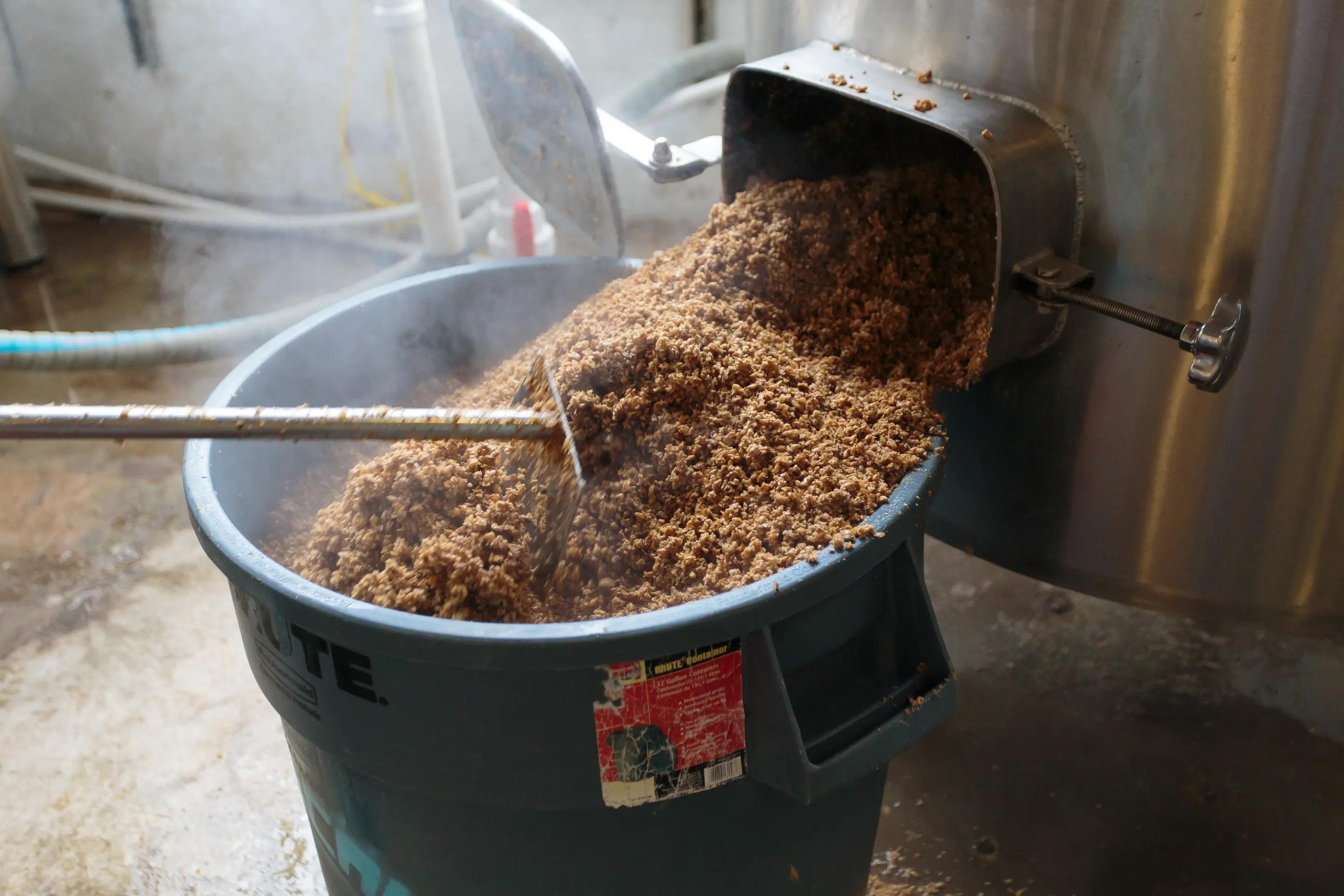


Sustainability is at the core of Purity Brewing and was founded in 2005 on three core principles of Pure Eco, Pure Quality and Pure Community. Each week they produce 30 tonnes of spent grain which is used on the farm the brewery is based on for their longhorn cattle as well as other local farms with sixty hectolitres of spent yeast produced every year is fed to local pigs.
The tonne of spent hops a week the brewery produces which has high moisture retention and nitrogen values is used as fertiliser and compost on local farms.
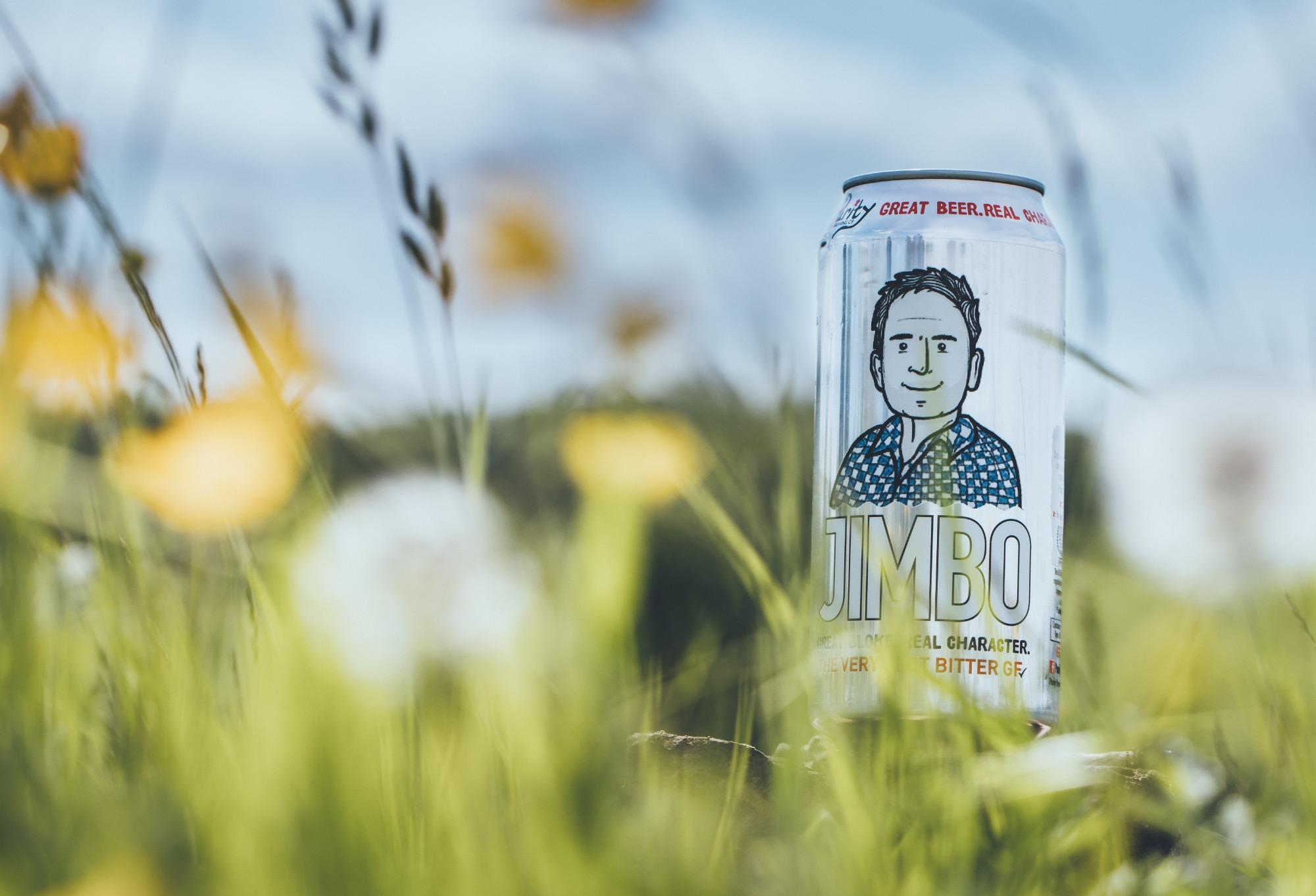
This brewery used to send its spent grain, hops and yeast to be used as animal feed at local farms but has now sent to a nearby anaerobic digestion plant and converted to biogas.
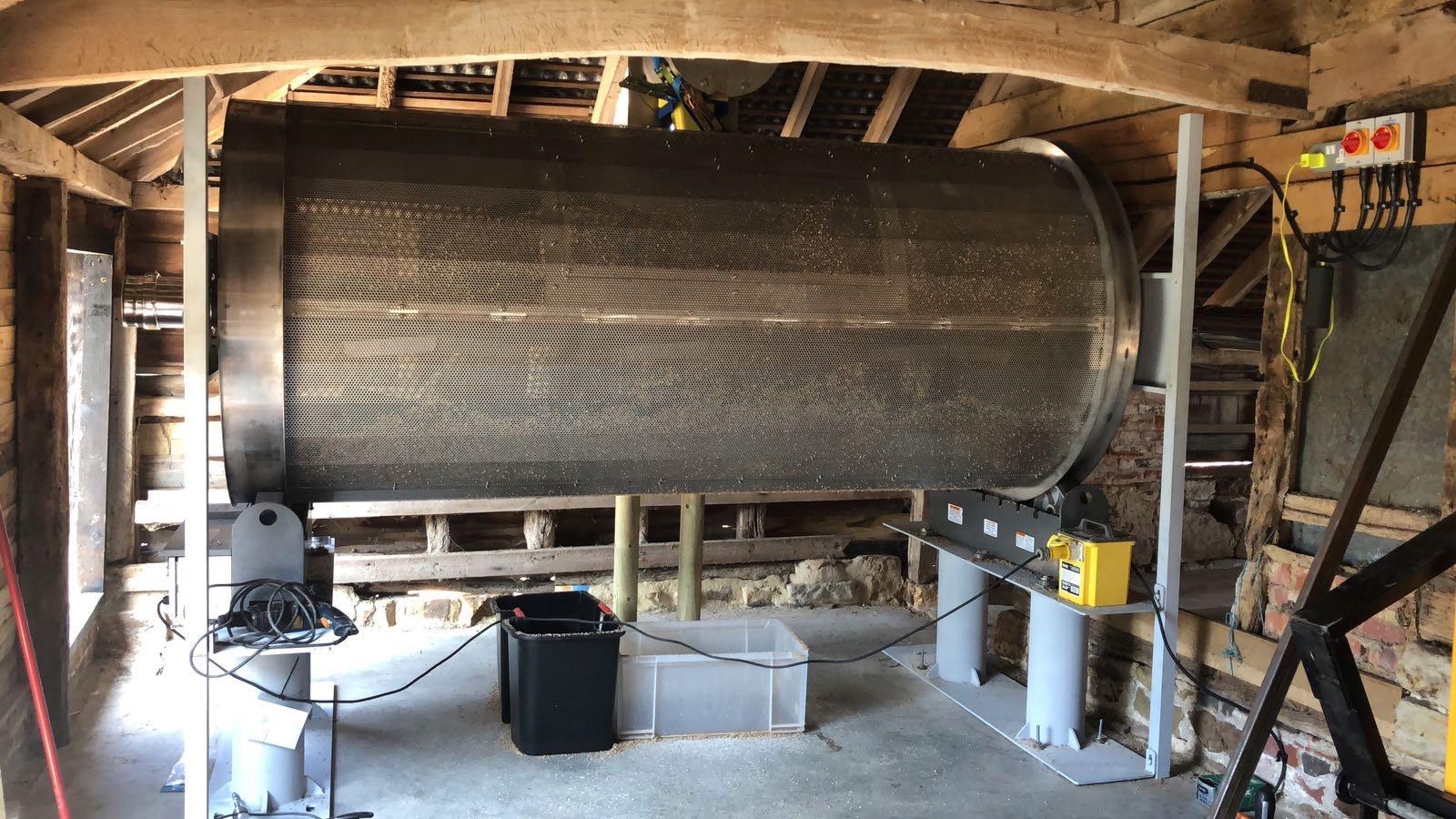
This former brewery was stuck by lightening in 2021 but has led the way in sustainable practices.
They wanted to turn all their spent grain into flour by dehydrating the by-product of the brewing process overnight which increases the hygiene of the product.

This enabled them to produce a food grade flour using only green energy which was milled and cooked with their flour to make pizzas for the taproom.
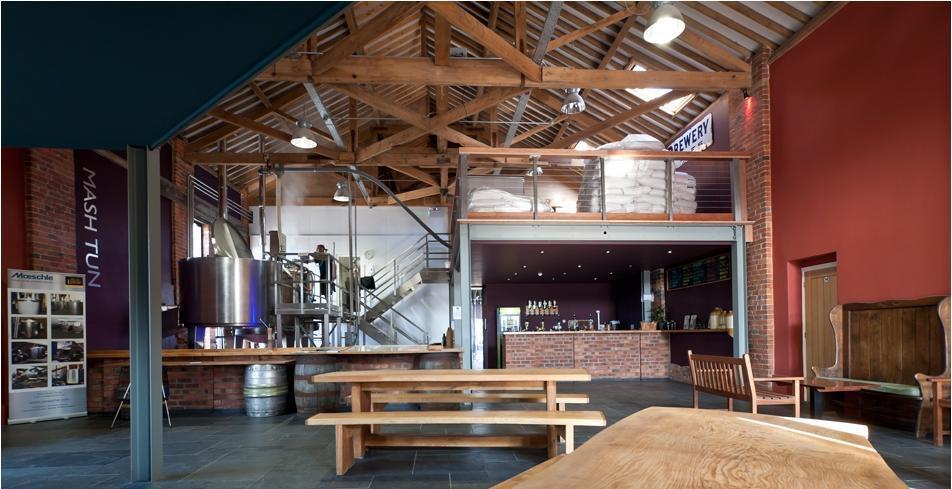



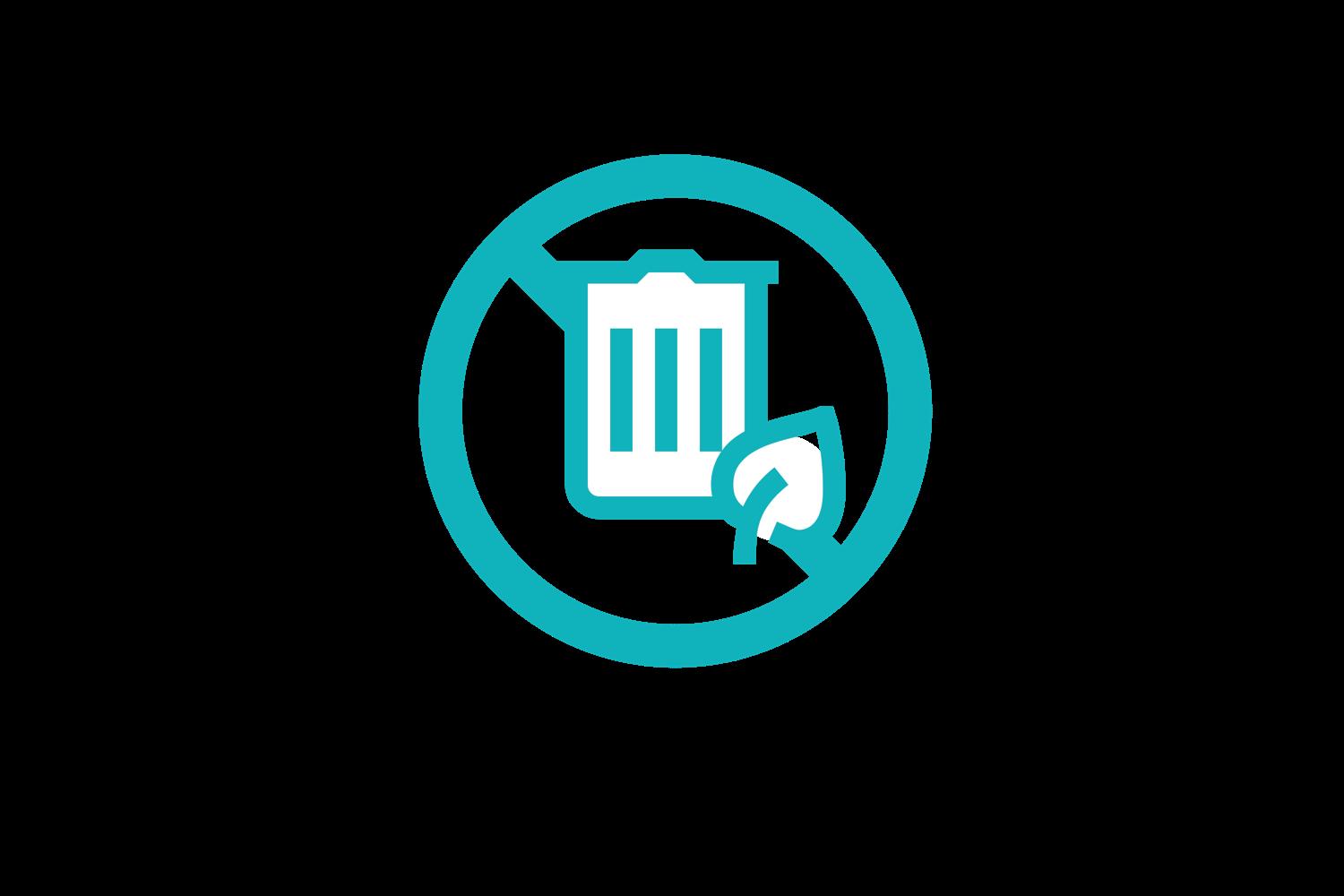
1. Offer detailed advice and support to assist members seeking to reduce their carbon emissions from solid waste

2. Establish a benchmarking exercise repeated at least every 3 years if not more frequently to monitor improvements amongst members
3. Lobby Governments for grants and support for solutions to solid waste such as anaerobic digestors.

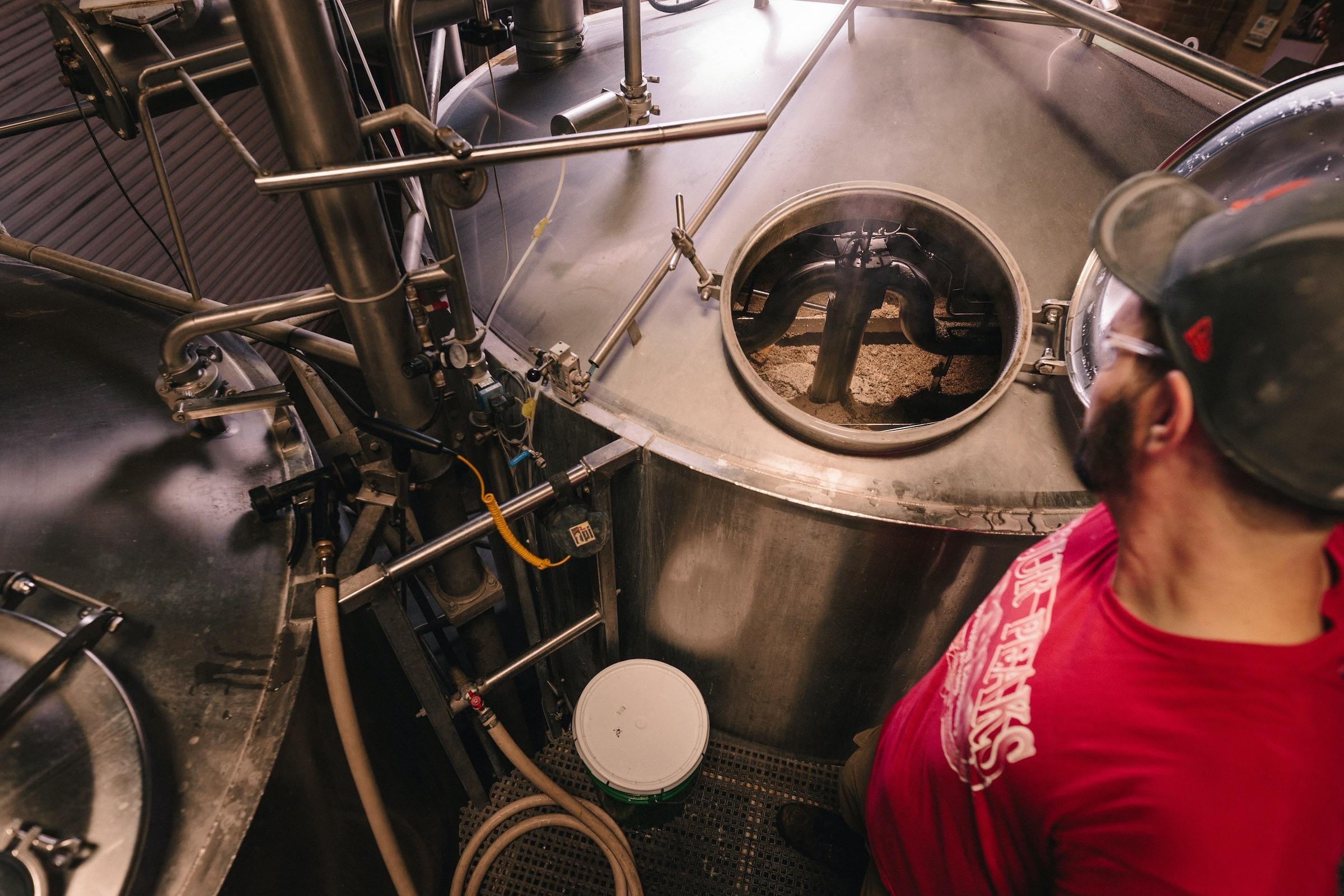

Water is used at every stage of the brewing process. Its beer’s largest ingredient but also essential for cleaning mash tuns and fermentation vessels. On average breweries use up to five pints of water for each pint that is produced but some may use up to eight or 10 pints. Increasing water efficiency and reducing water cleaning and effluent is therefore essential to making independent breweries more sustainable. Many of the methods to increase efficiency may impact other key areas already covered in this strategy such as the use of water vapour or changing cleaning techniques.

There are those breweries that are leading the way in water use with some reducing it to an astonishing 1.5 pints to every pint. Breweries will have to look to increase their efficiency and also consider ways to reduce their effluent waste.





From day one this brewery has cut its water usage to brew beer. They designed a brewing kit that required only 1.5 pints of water to brew one pint of beer, saving more than 6.5 million litres of water since 2017.
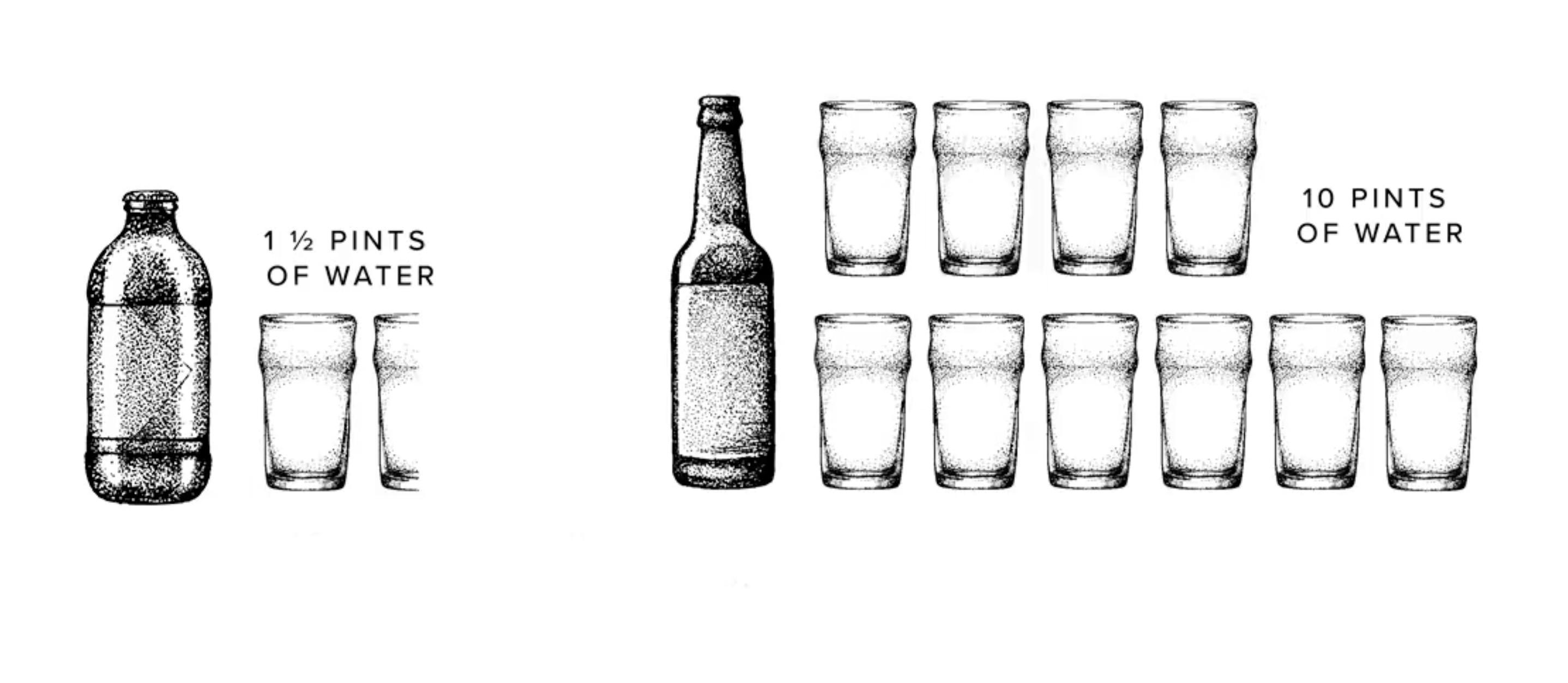
Small Beer has a dry floor policy which avoids using hoses to wash down the floors.
Water comes from a natural spring that is 100 metres away from the brewery.
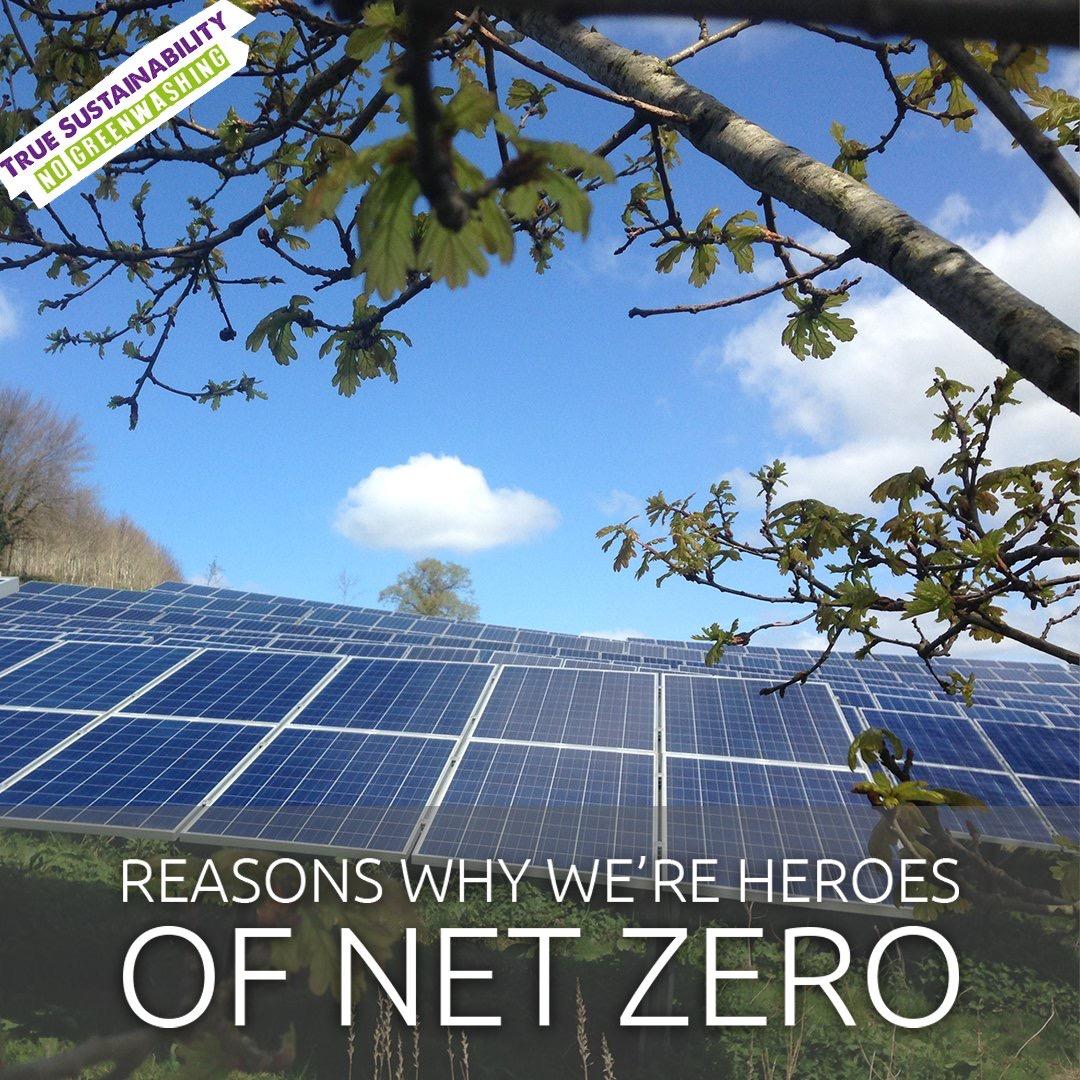
It is chemical free and has a low mineral content making it ideal for brewing their lagers. They have also installed a keg and cask washer that minimises water usage by recapturing it on each cleaning programme.

Purity has a passive wetland system with a reed bed of nine gravity fed ponds ensuring that any waste water which isn’t captured by their water vapour system is recycled or reused.

This helps to rewild the arable farm where the brewery is based.

The brewery has an effluent plant that releases treated water to the river Loddon via an aerobic digestion system.
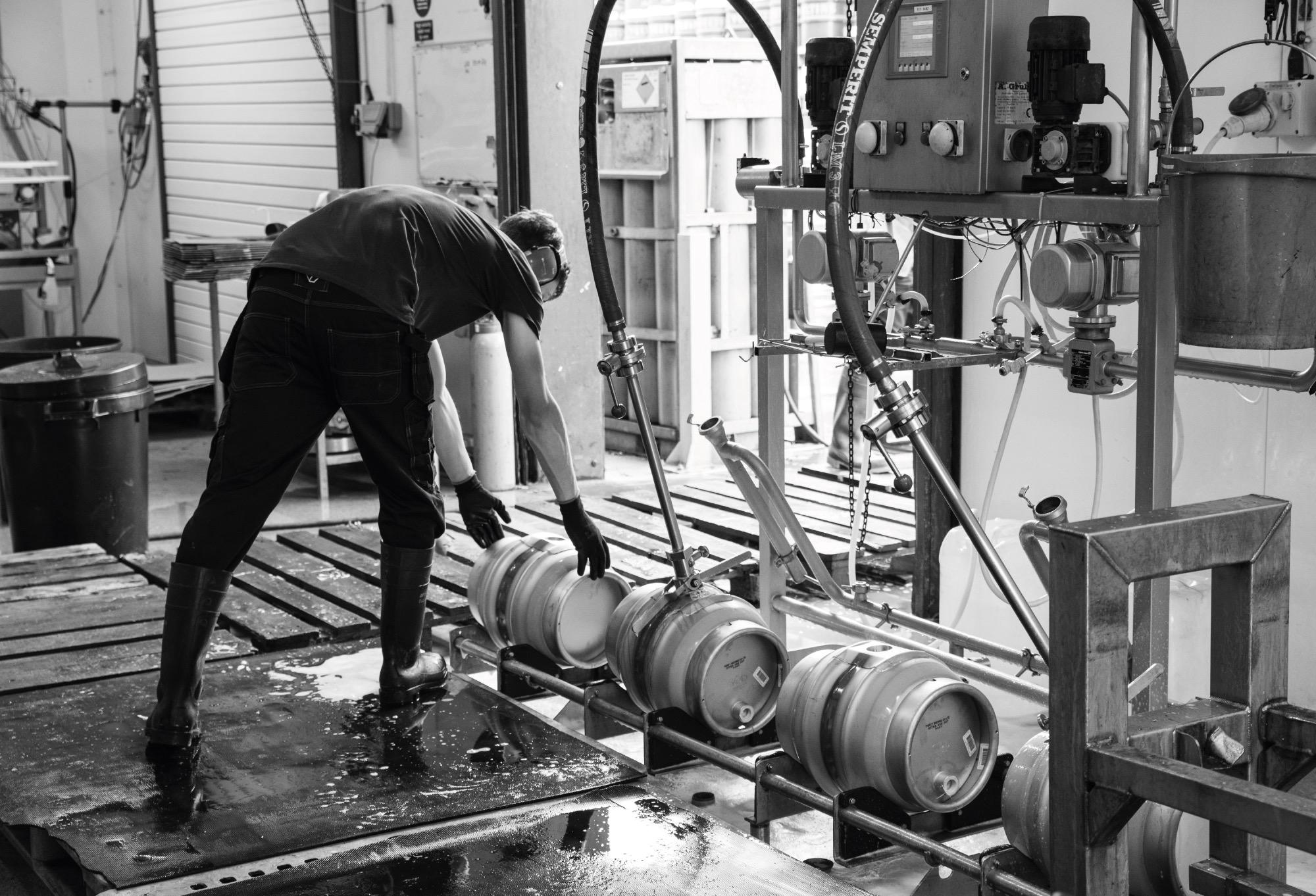
In order to reduce the overall effluent volumes being discharged, Wye Valley Brewery has diverted rainwater to a pond and soakaway reducing the treated effluent being discharged into the river.
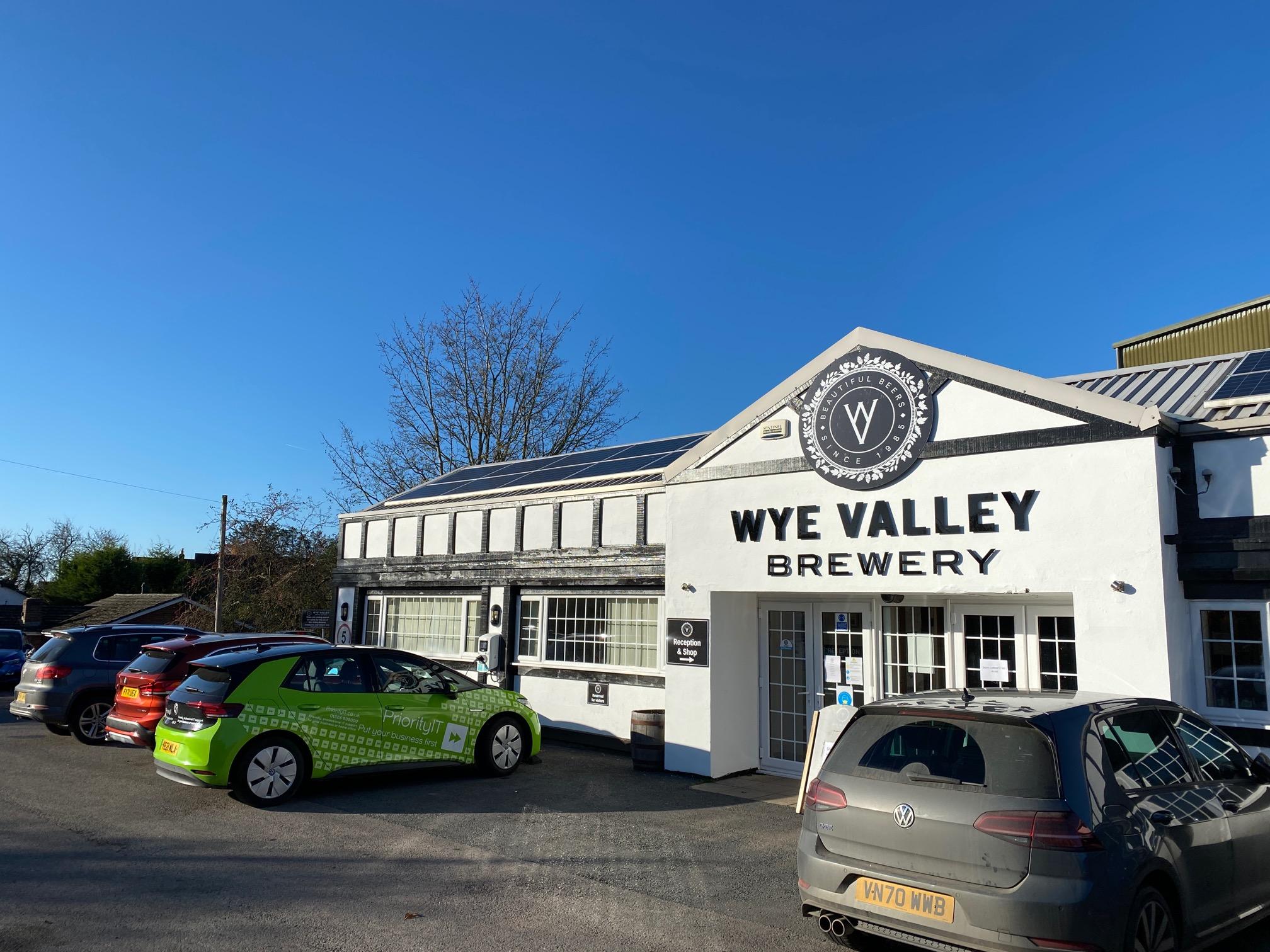

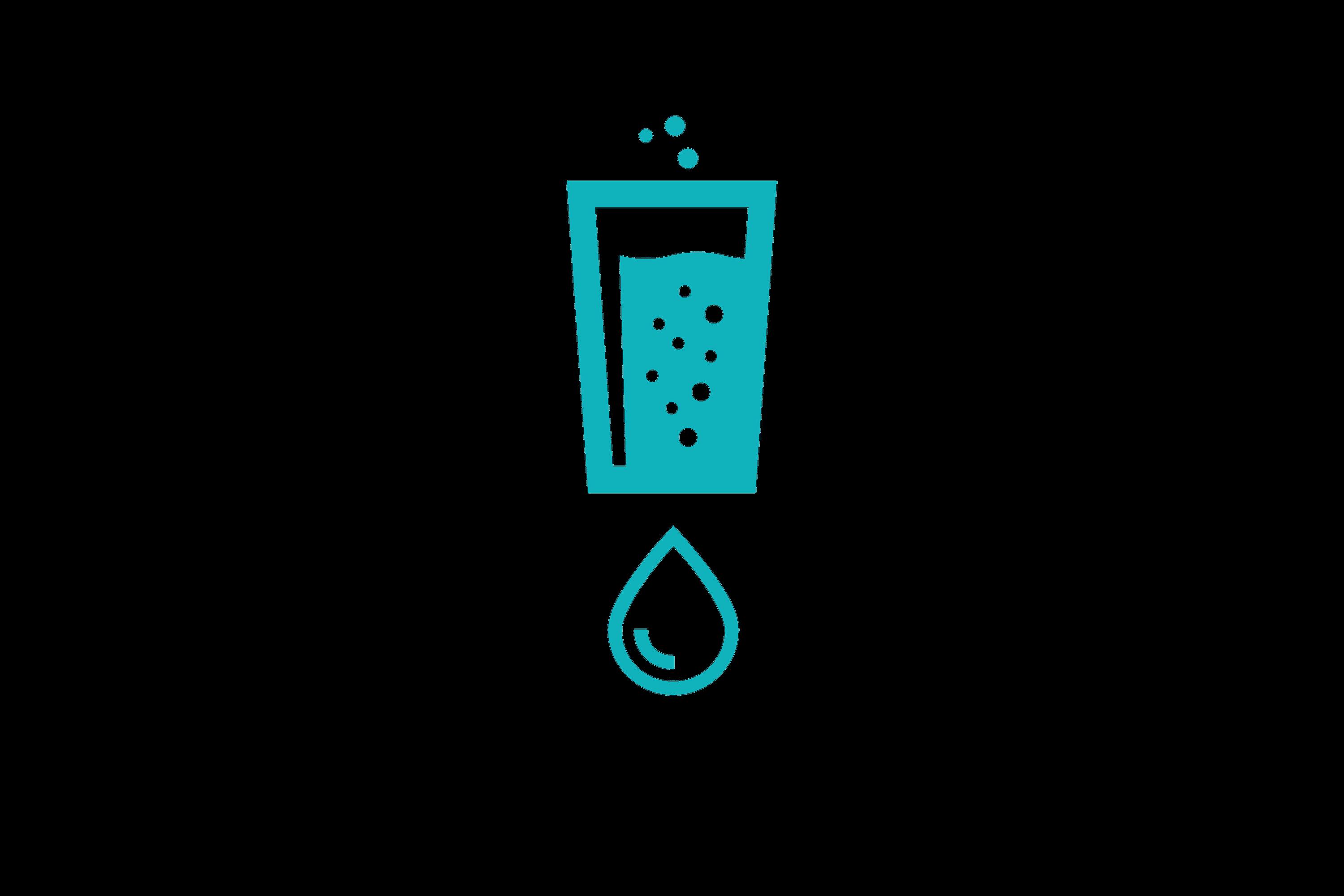
1. Offer detailed advice and support to assist members seeking to reduce their carbon emissions from water

2. Establish a benchmarking exercise repeated at least every 3 years if not more frequently to monitor improvements amongst members
3. Lobby Governments for grants and support for solutions to water such as vapour systems.


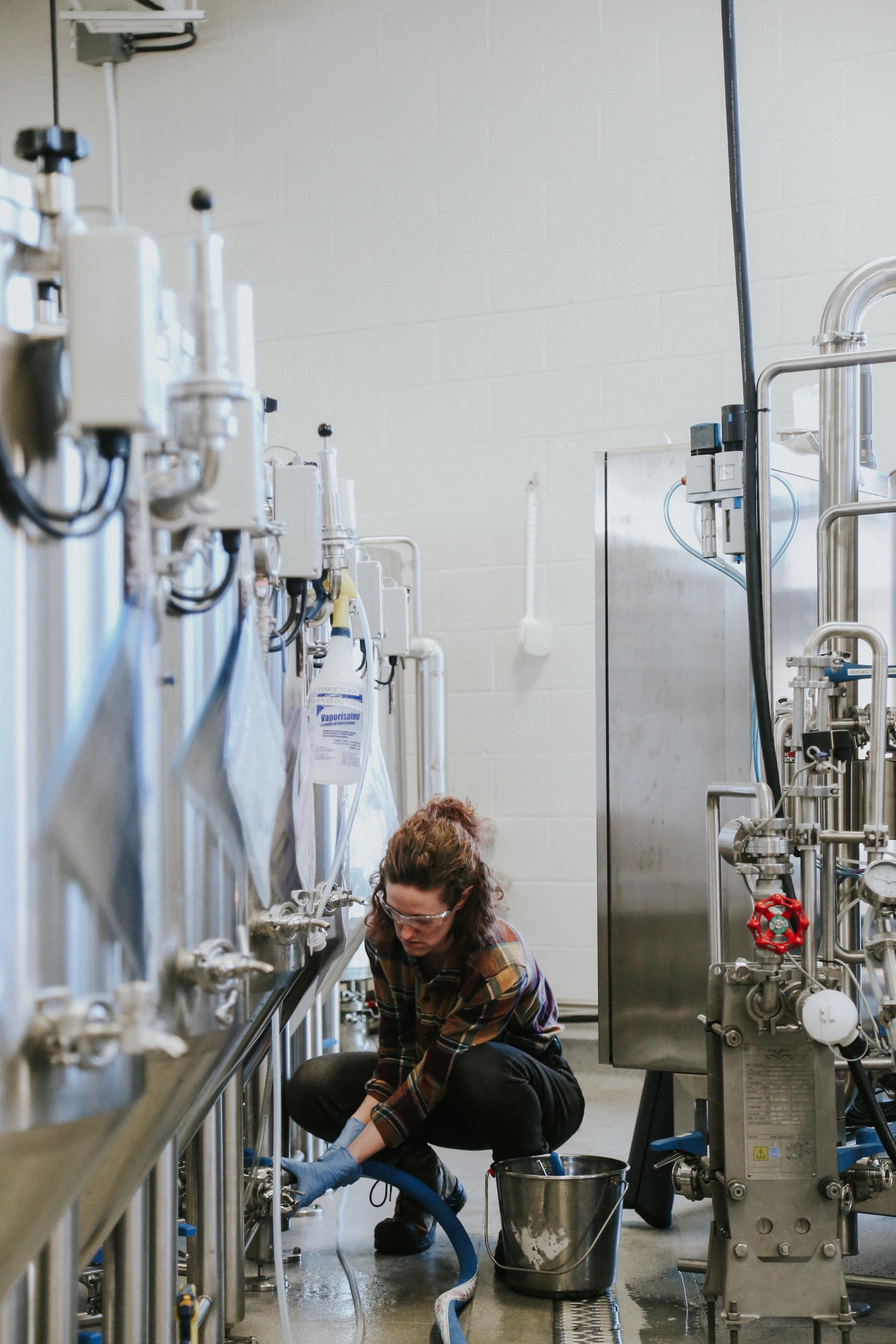




To achieve net zero independent reduce their emissions and However, there are likely to that cannot be removed and will need to consider other removal and carbon avoidance
For example, this could conservation projects. Breweries may also need credits in the future.




As the trade association for the independent brewing has a role to support breweries making the transition by 2045.
SIBA will establish a working group to co-ordinate and make recommendations to the SIBA Executive periodically reconsider its strategy to ensure it is reflects evidence and developments. Its approach consists elements:
• Assist breweries in calculating and identifying carbon
• Offer advice and support to reduce carbon economically rational way
• Lobby for assistance from Government and reduce regulatory burdens and help meet the costs

1. Work with partners to develop a calculator that is relevant to the independent brewing sector
2. Develop a benchmarking exercise for 2024 that will be carried out at least every three years if not more frequently to monitor progress
3. Develop detailed guides for each of the six key areas to help breweries make decisions to move to net zero
4. Work with supply associates and others to understand their sustainability strategies and communicate this to members
5. Support a pathway for the development and introduction of new technology such as CO2 capture


6. Identify and campaign for regulatory changes to make it easier for breweries to meet their net zero obligations
7. Lobby for grants and support from Government to meet the costs of net zero.
SIBA PLEDGE 1: SIBA will work with partners to develop a calculator that is relevant to the independent brewing sector
SIBA PLEDGE 2: Develop a benchmarking exercise for 2024 that will be carried out at least every three years if not more frequently to monitor progress
The first step for any brewery is to understand their current carbon emissions. There are several companies that exist to provide this service along with tailored mitigation plans alongside online calculators (some examples can be found in the box). SIBA will work with existing partners and other organisations to develop an easy to use calculator for members by the end of 2023.
It’s also important for independent breweries to have a reference point and comparison of other breweries to facilitate a better understanding of what other businesses are achieving.
This is why SIBA will establish a benchmark report to understand and compare progress with the first one in 2024 and then at least every three years if not more frequently after.
Zevero

A SIBA Supplier Associate that makes it easy for breweries to measure, monitor, reduce and report their carbon emissions. Website: https://www.zevero.earth/food-and-drinks
A platform used by some independent breweries that provides all the tools to make the journey to Net Zero. Website: https://netzeronow.org/breweries
This is a free online calculator developed for the brewing and hospitality sector. Website: https://zerocarbonforum.com/calculator-ukh



SIBA PLEDGE 3: Develop detailed guides for each of the six key areas to help breweries make decisions to move to Net Zero
SIBA PLEDGE 4: Work with supply associates and others to understand their sustainability strategies and communicate this to members
SIBA PLEDGE 5: Support a pathway for the development and introduction of new technology such as CO2 capture
After providing an understanding of the current emissions, independent breweries will need to set their ambitions and levels of decarbonisation that are required and then understand what the options are available to achieve them. SIBA has a role in helping breweries along this journey by providing detailed guides for each of the six key areas using expert knowledge in the sector. SIBA will put these together in 2024 and 2025 to help members.
However net zero cannot be achieved by breweries acting alone and they will require understanding more about their suppliers and the action they are taking.
SIBA will therefore work with supply associates and other partners to understand what their plans are to achieve net zero and communicate this to members.
An important part of this advice and support will be signposting breweries to sources of finance or lobbying on their behalf. There are already a range of Government schemes that many breweries may already be able to access and SIBA continues to send regular updates via its Brewing in Brief to highlight this funding, such as the Industrial Energy Transformation Fund. Where solutions do not yet exist, there may be ways that SIBA can help co-ordinate or development and support a fledgling sector. for example, by supporting the development of a best safety guide for the recovery of CO2 for those breweries adopting this new technology.

SIBA PLEDGE 6: Identify and campaign for regulatory changes to make it easier for breweries to meet their Net Zero obligations
SIBA PLEDGE 7: Lobby for grants and support from Government to meet the costs of net zero.

We know that some of the technology necessary to achieve net zero at an economically rational cost do not yet exist or are in their infancy. There are also regulatory barriers that need to be addressed to allow small businesses to make changes now and in the future. Sustainability is already built into SIBA’s lobbying initiatives following the resolution at the AGM in 2022, but there is more that we can push for and small breweries need.
SIBA will develop a series of lobbying asks in 2023/24 to take to the Government and devolved administrations to campaign for to support independent breweries.
This could include for example making it easier for solar panels to be installed on rented buildings or grants and support to change gas fired boilers.
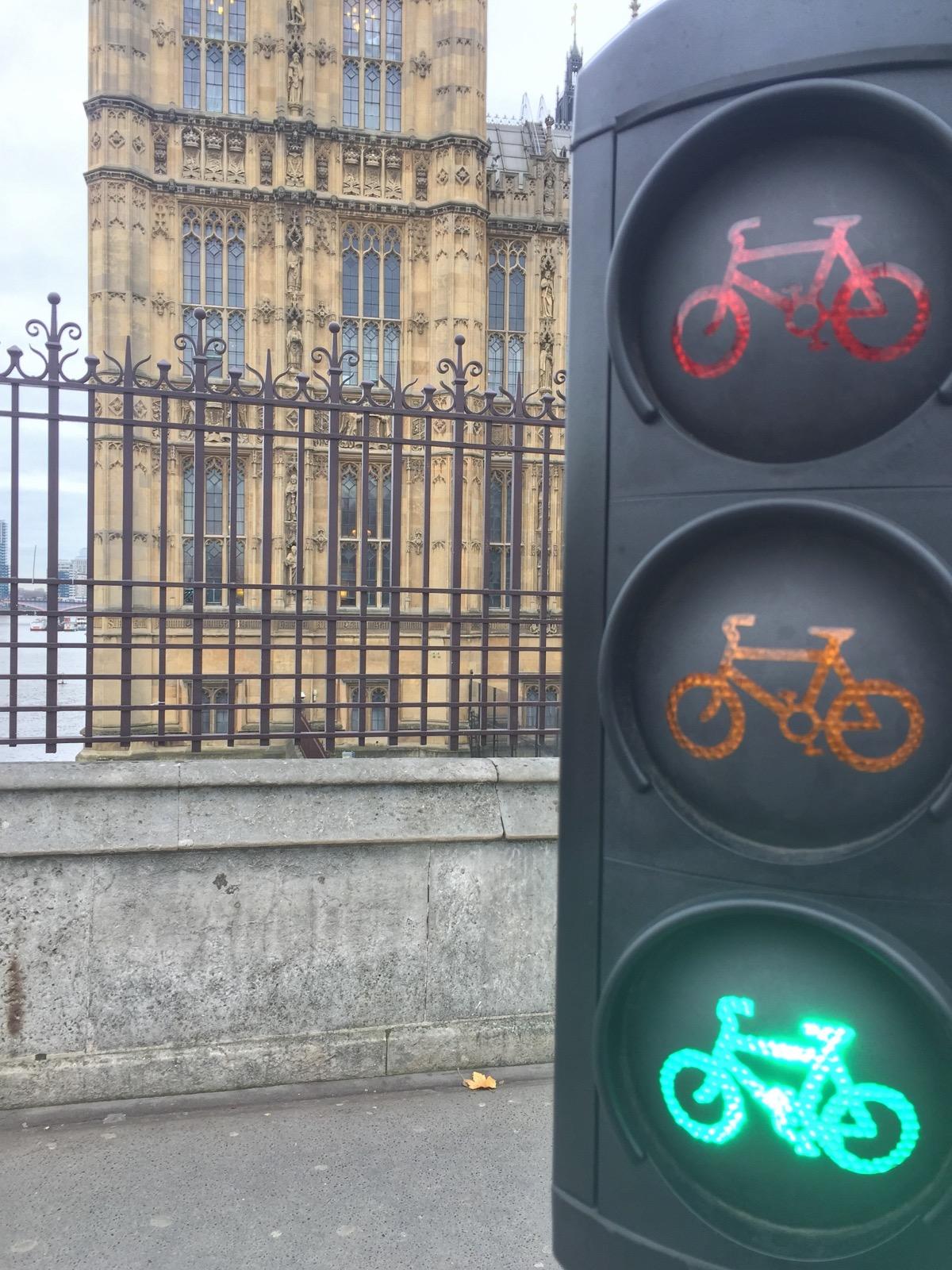


SIBA SUSTAINABILITY STRATEGY 2023-2045

PRODUCED BY THE SOCIETY OF INDEPENDENT BREWERS (SIBA)

MARCH 2023
